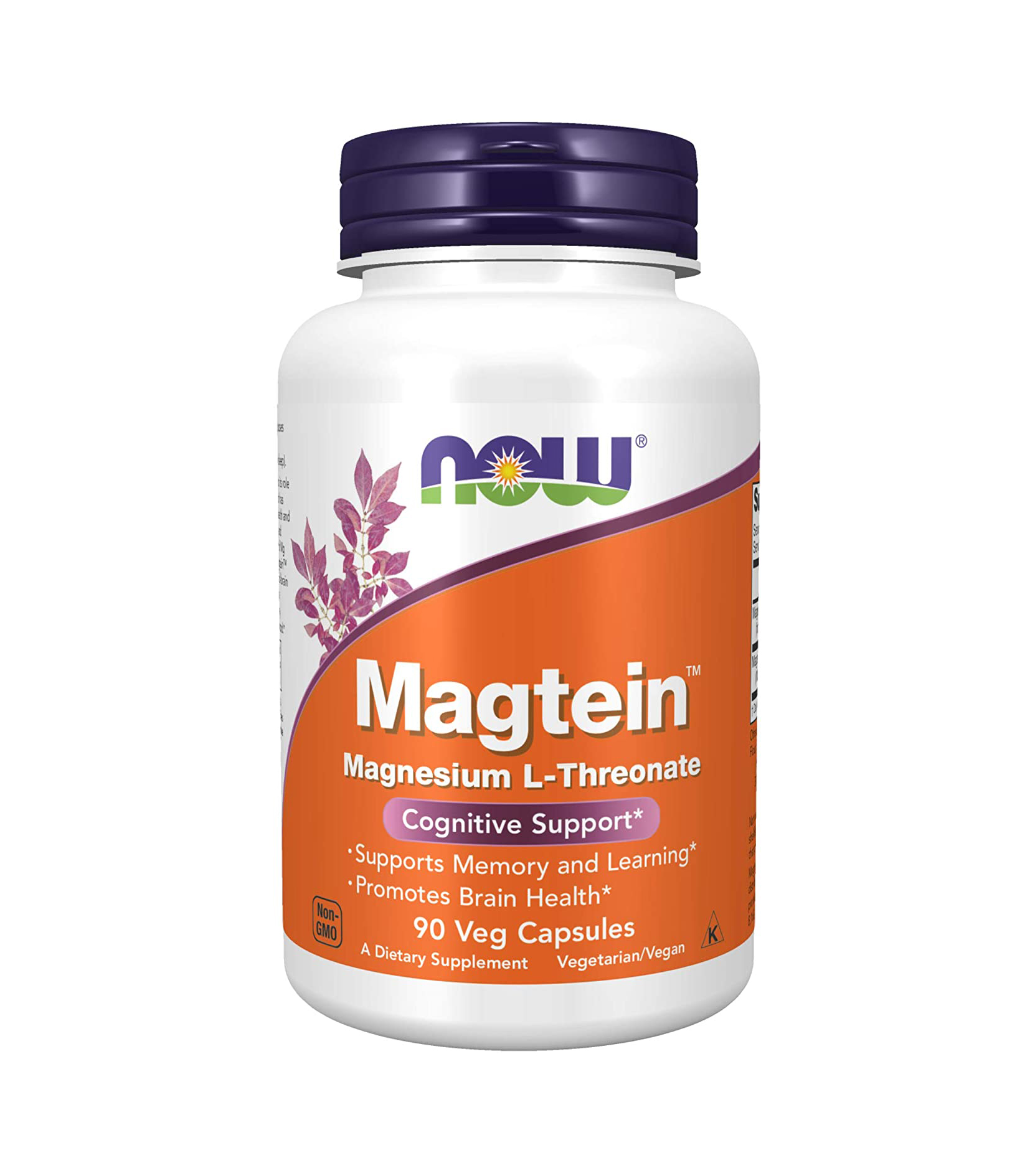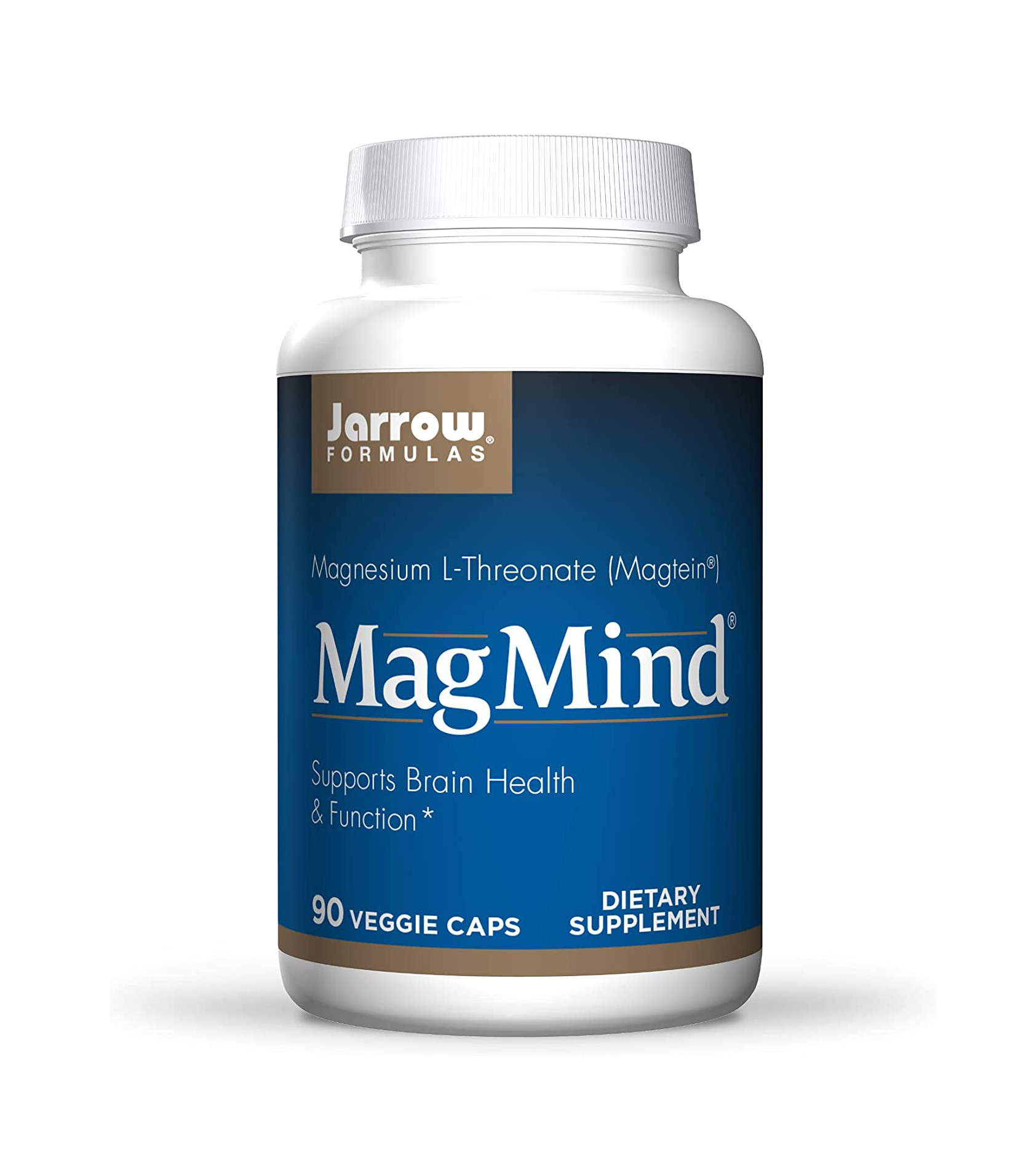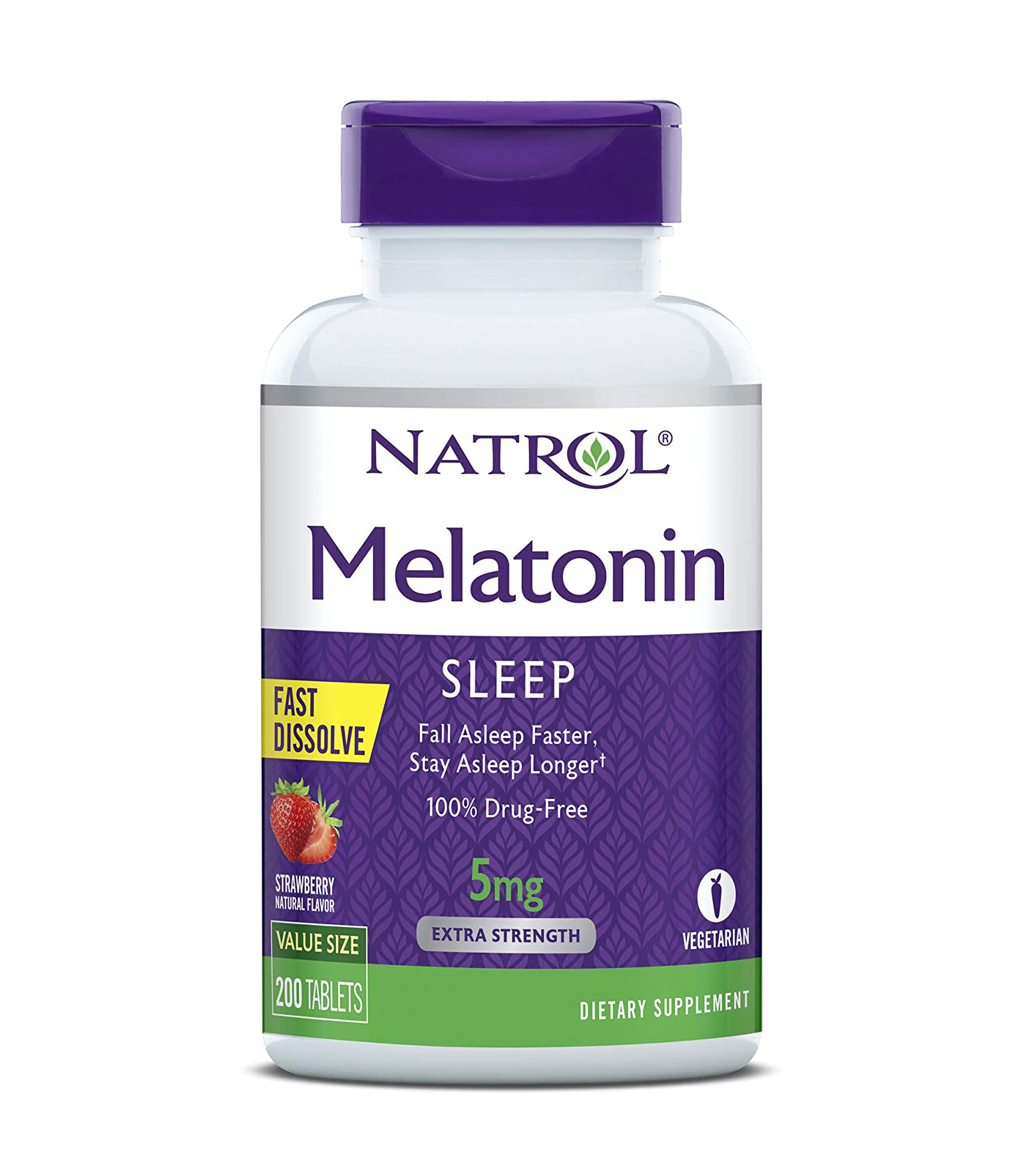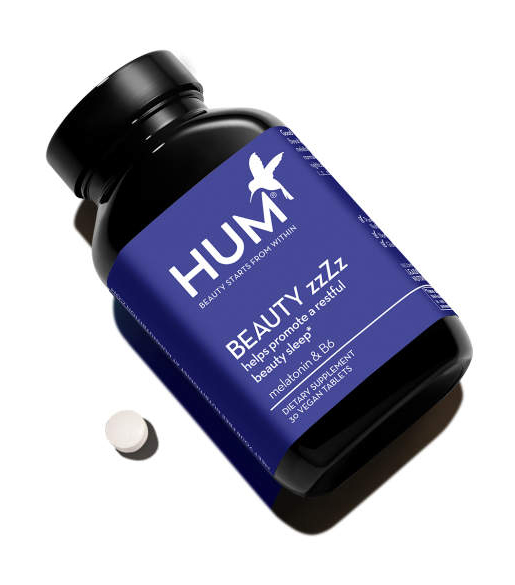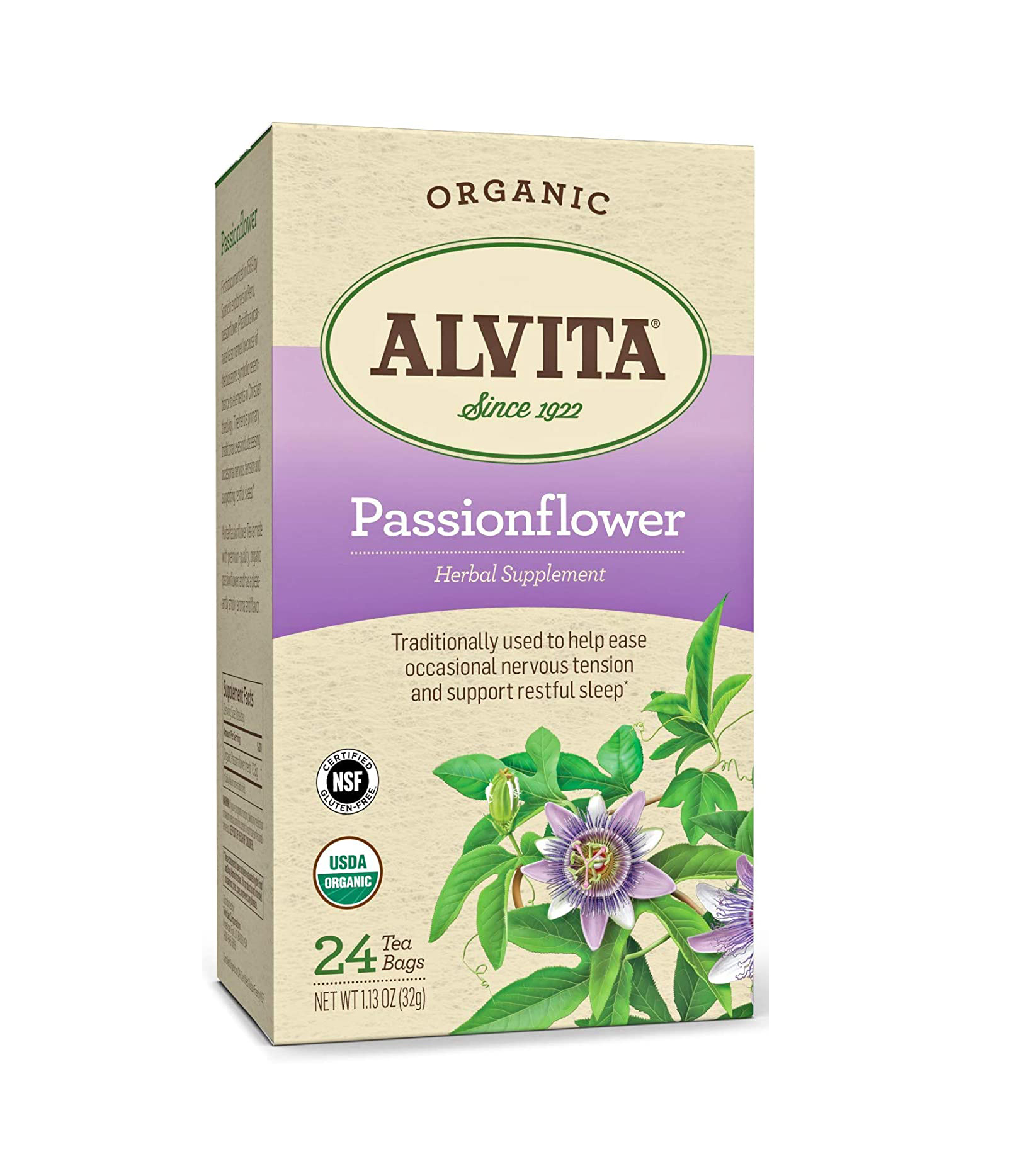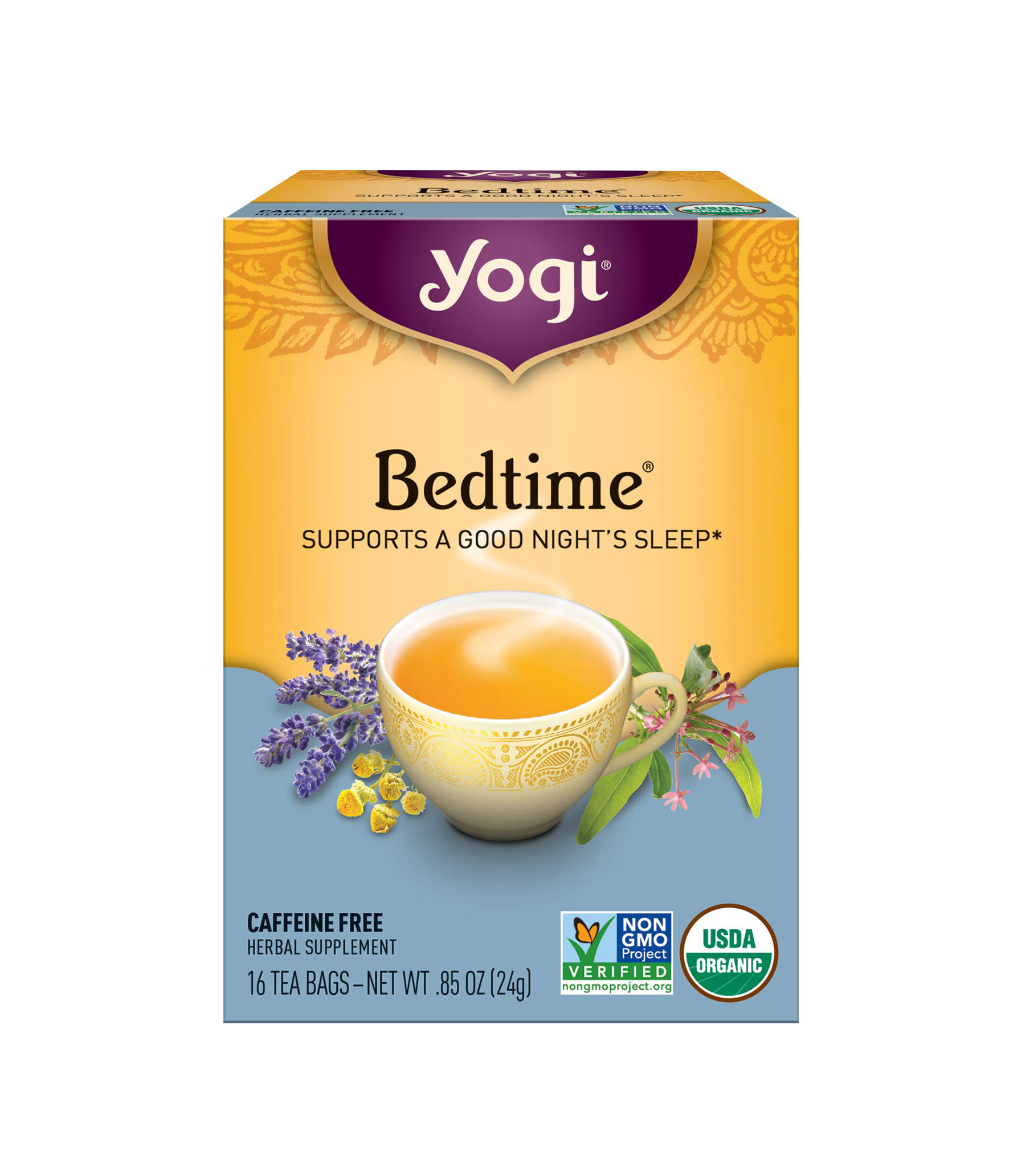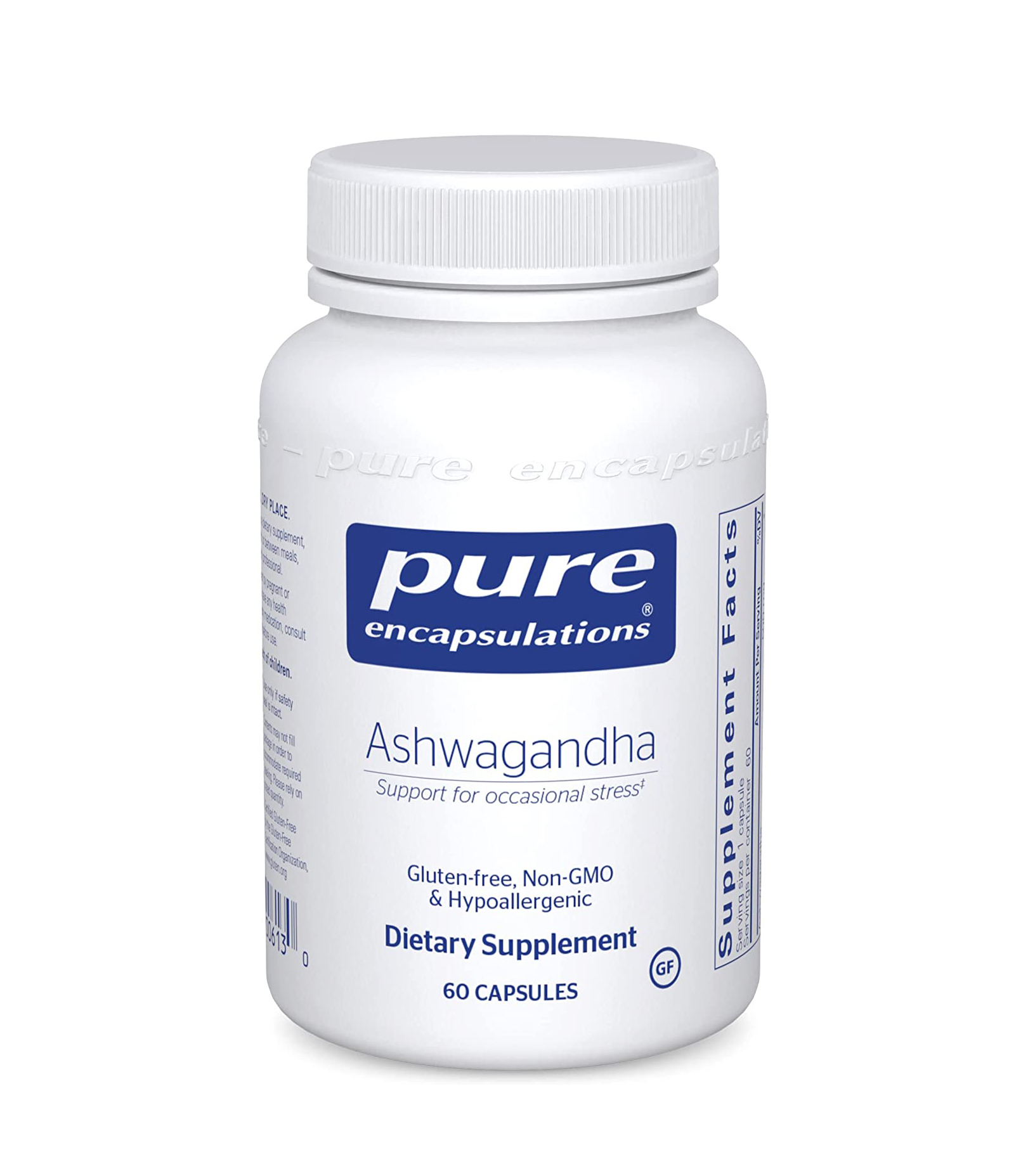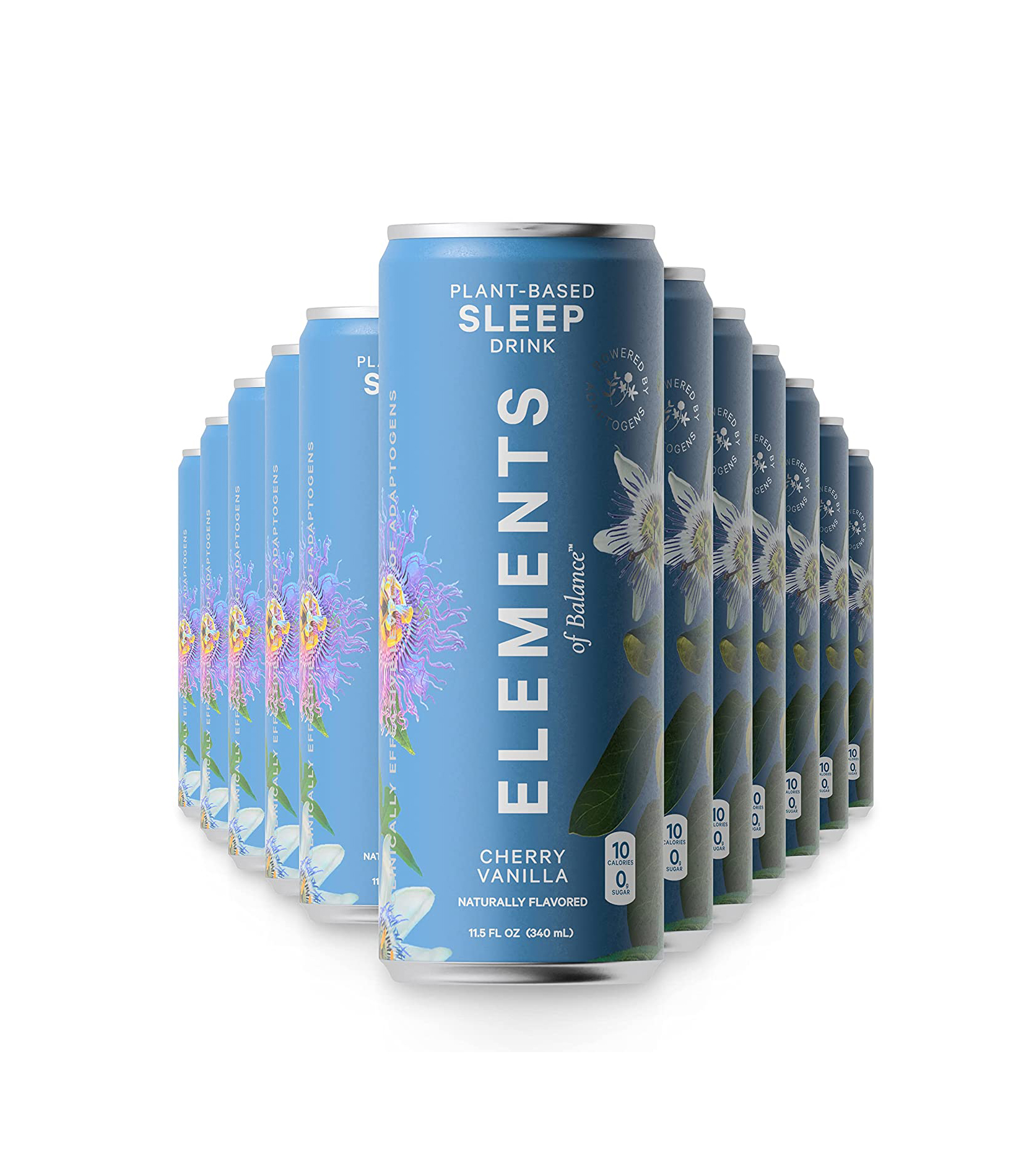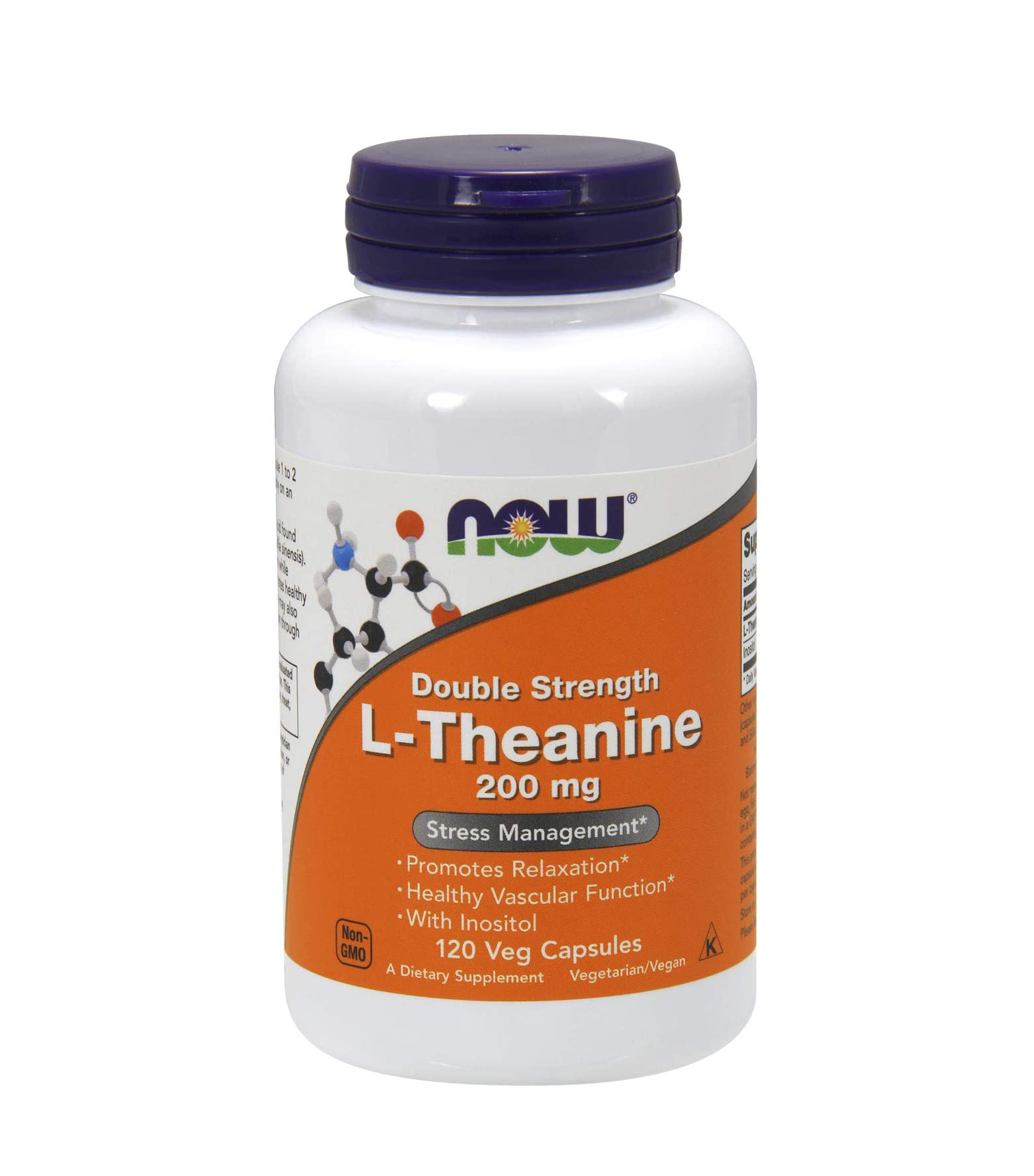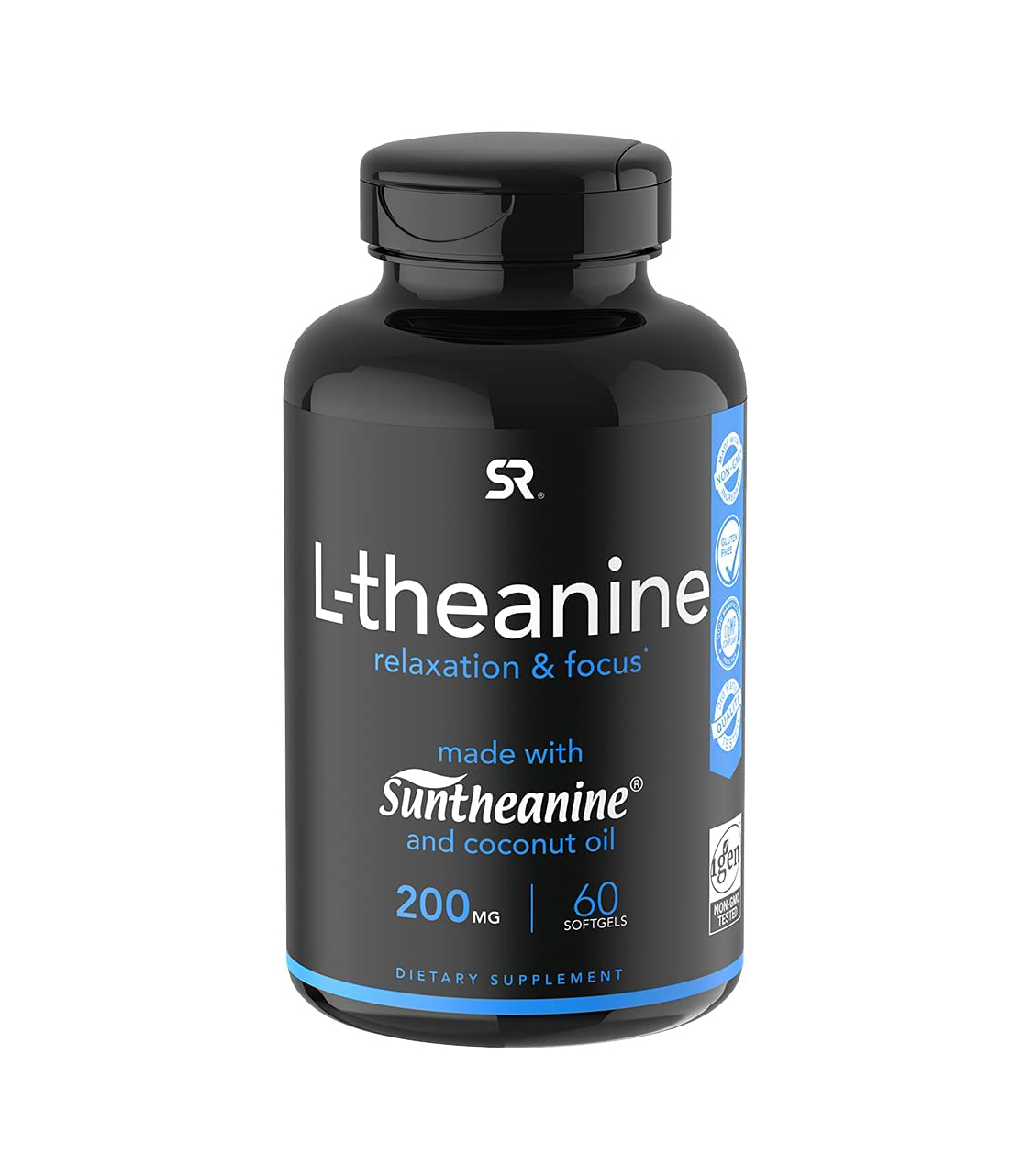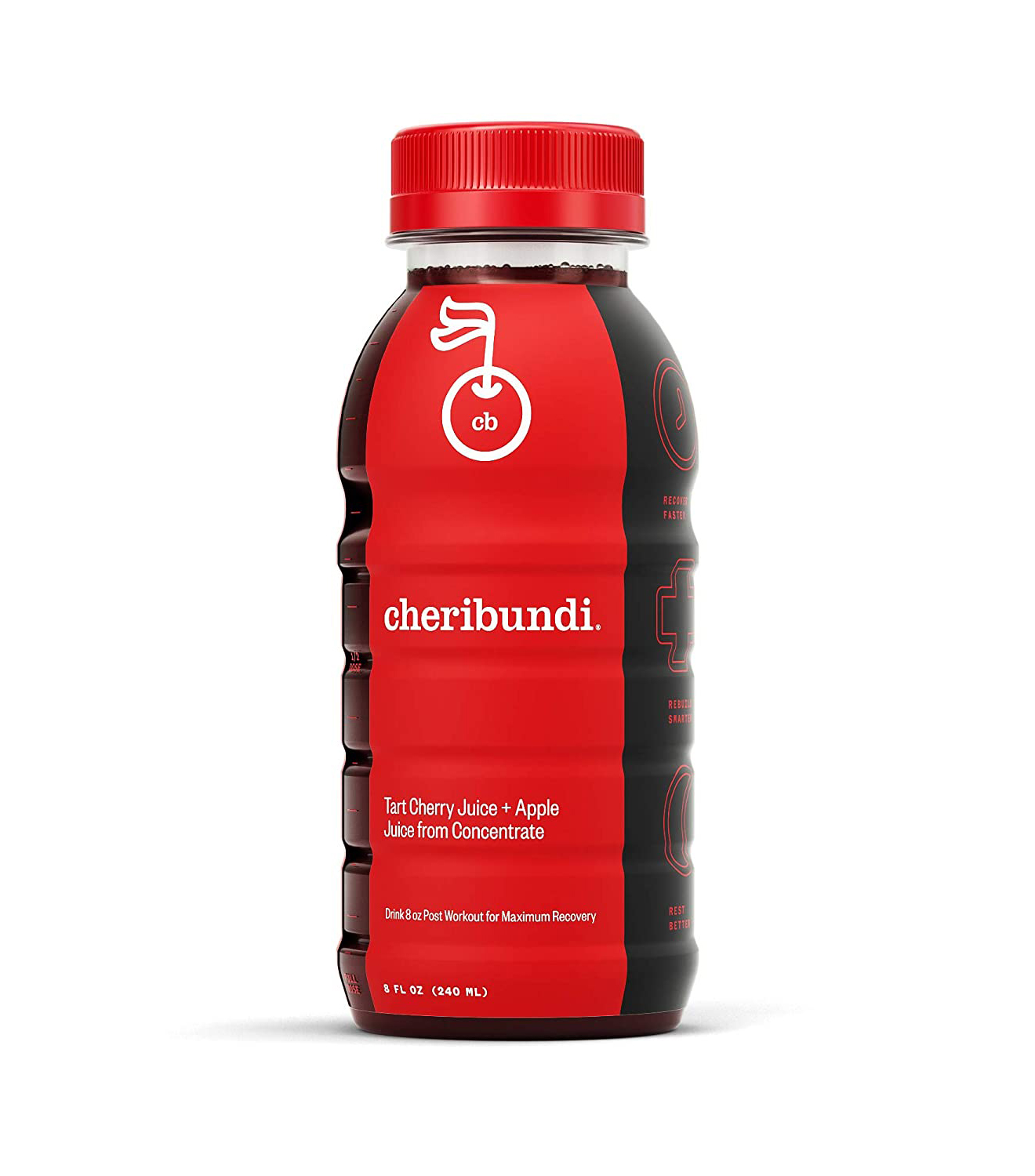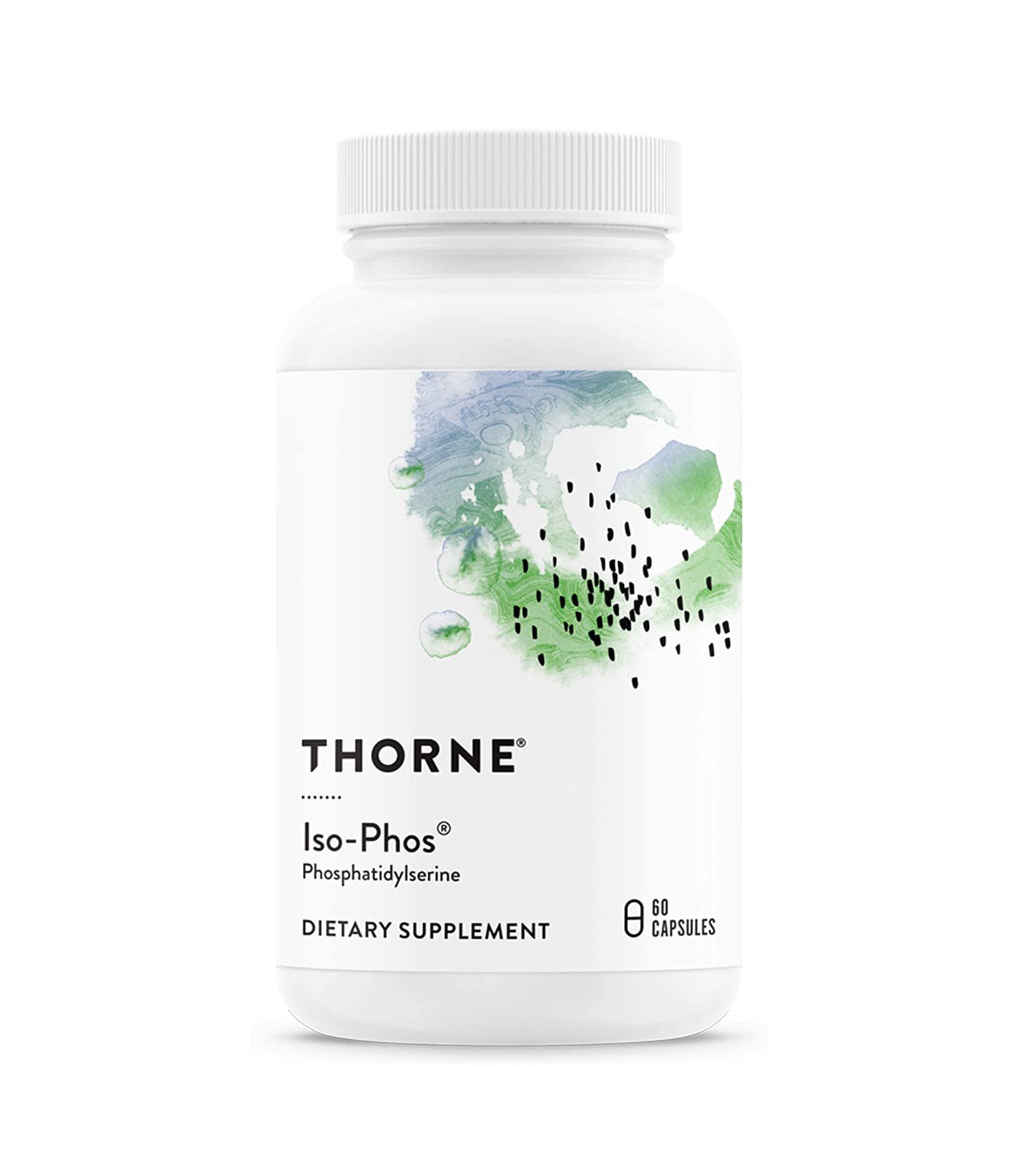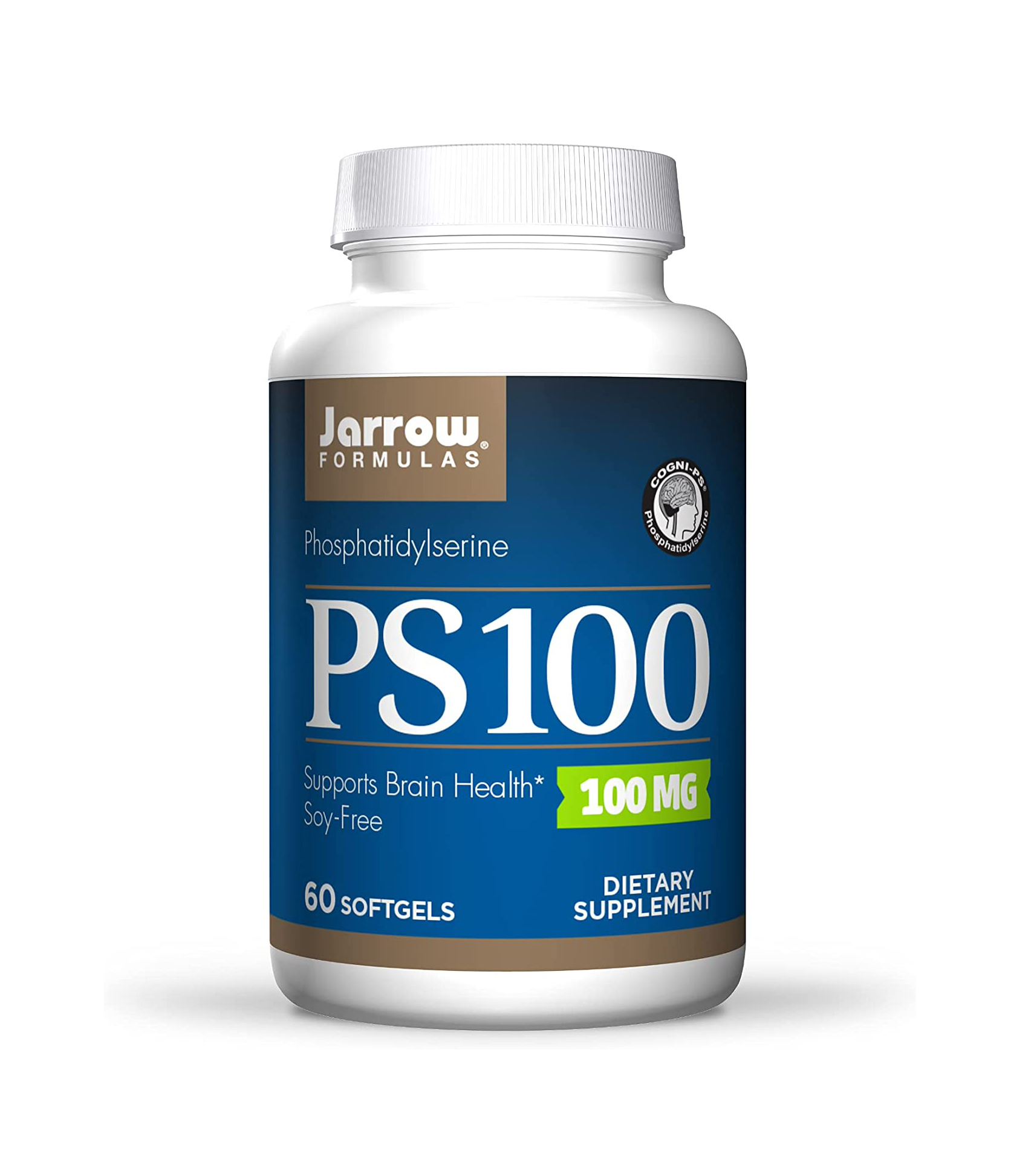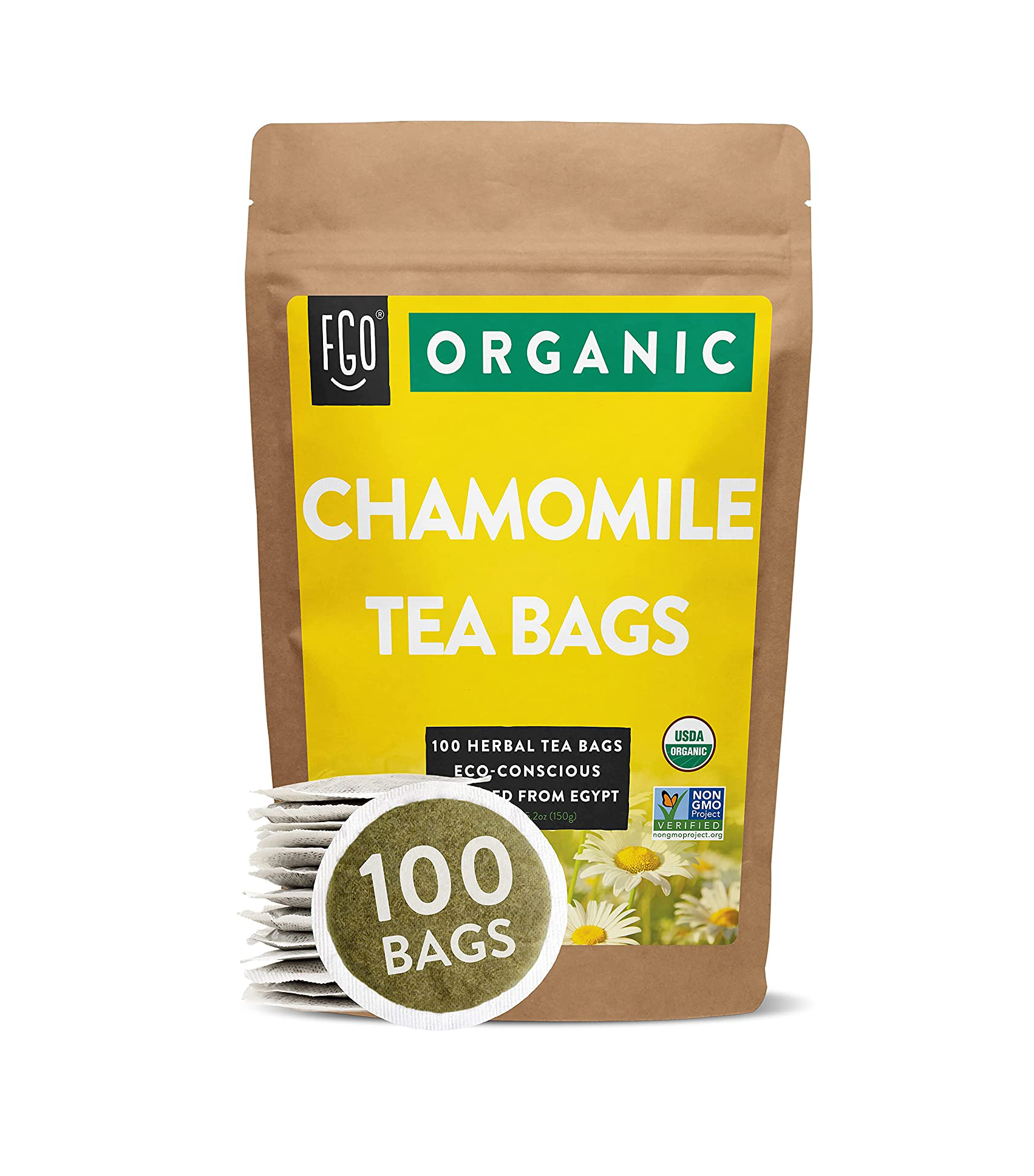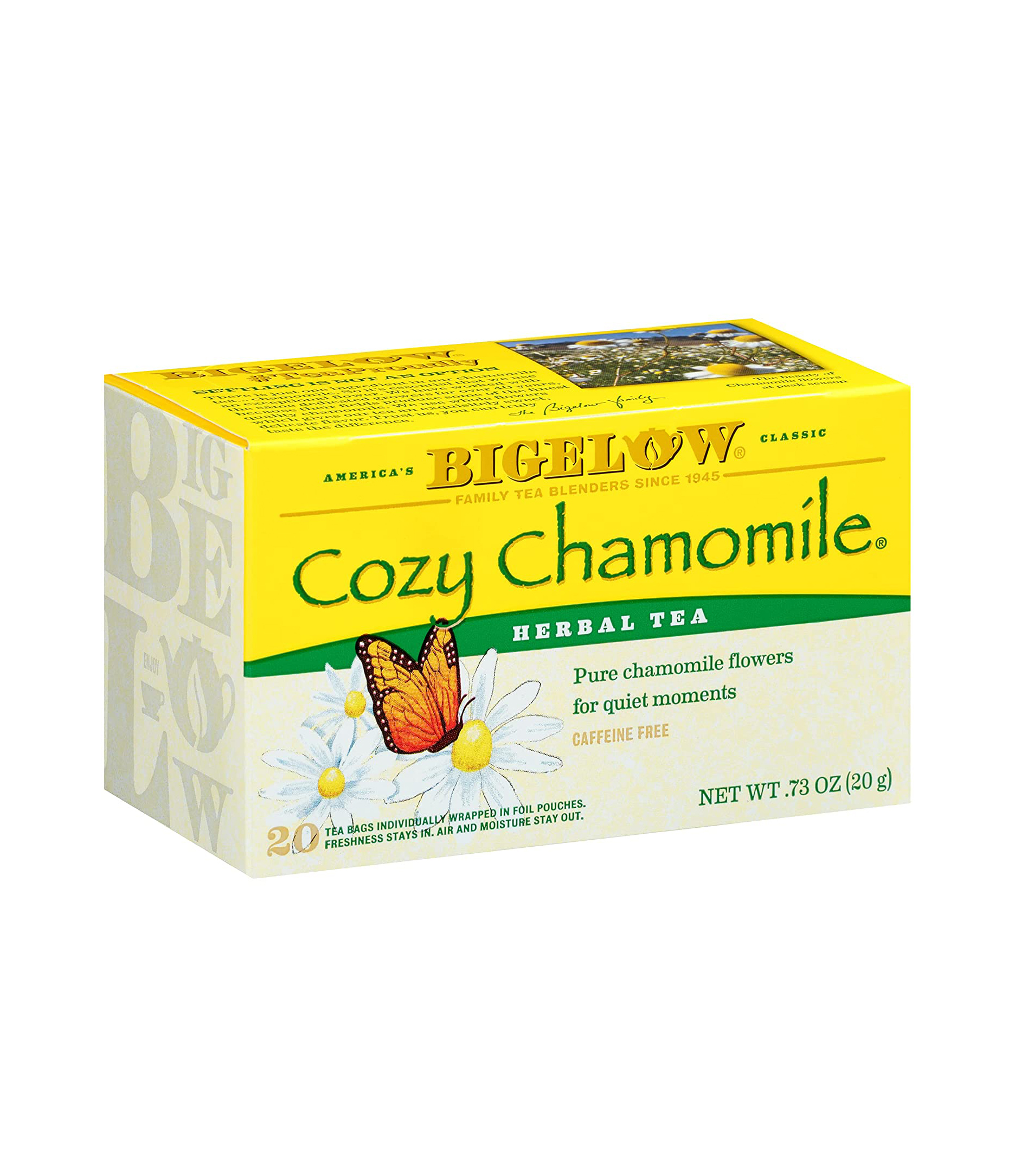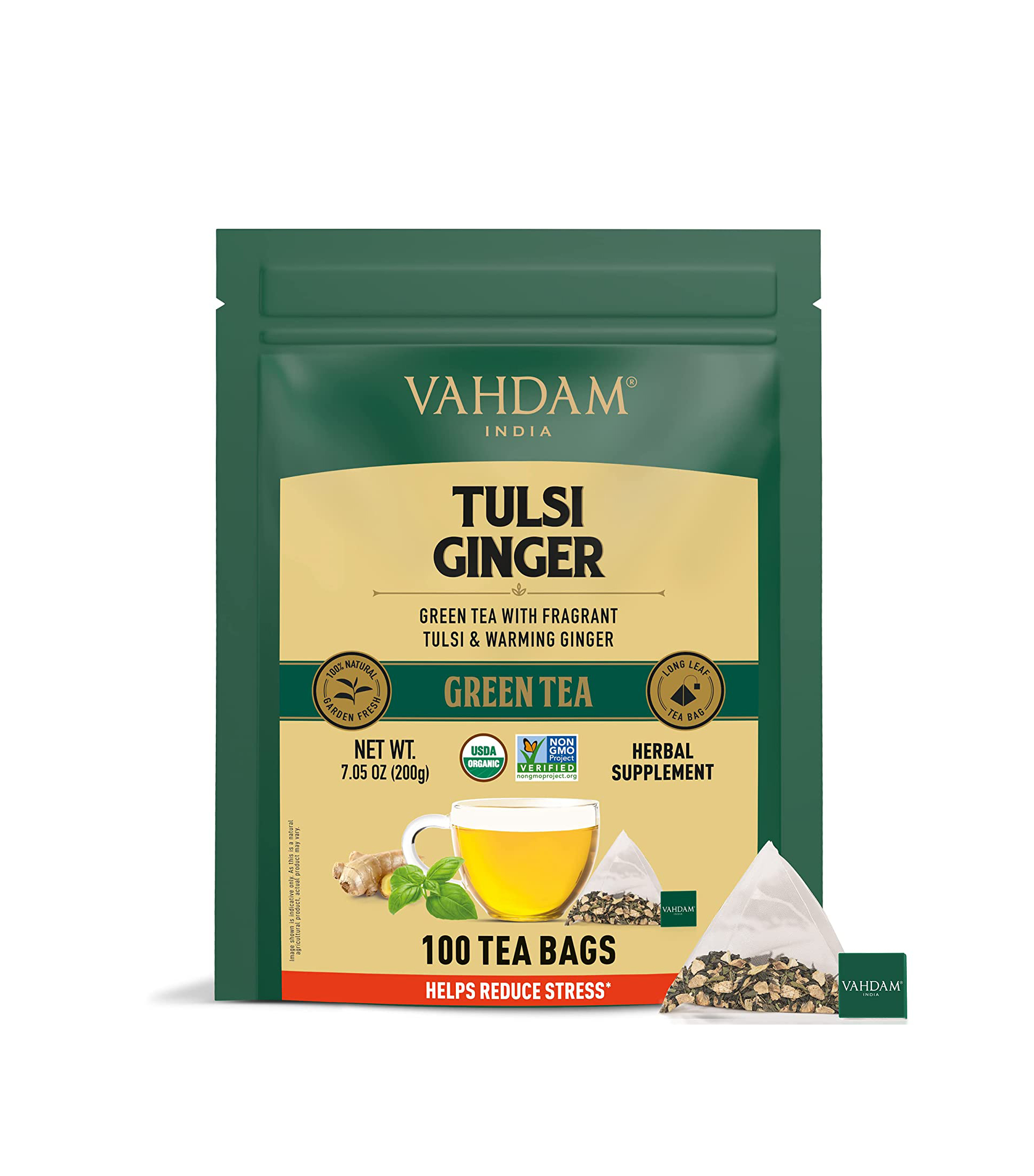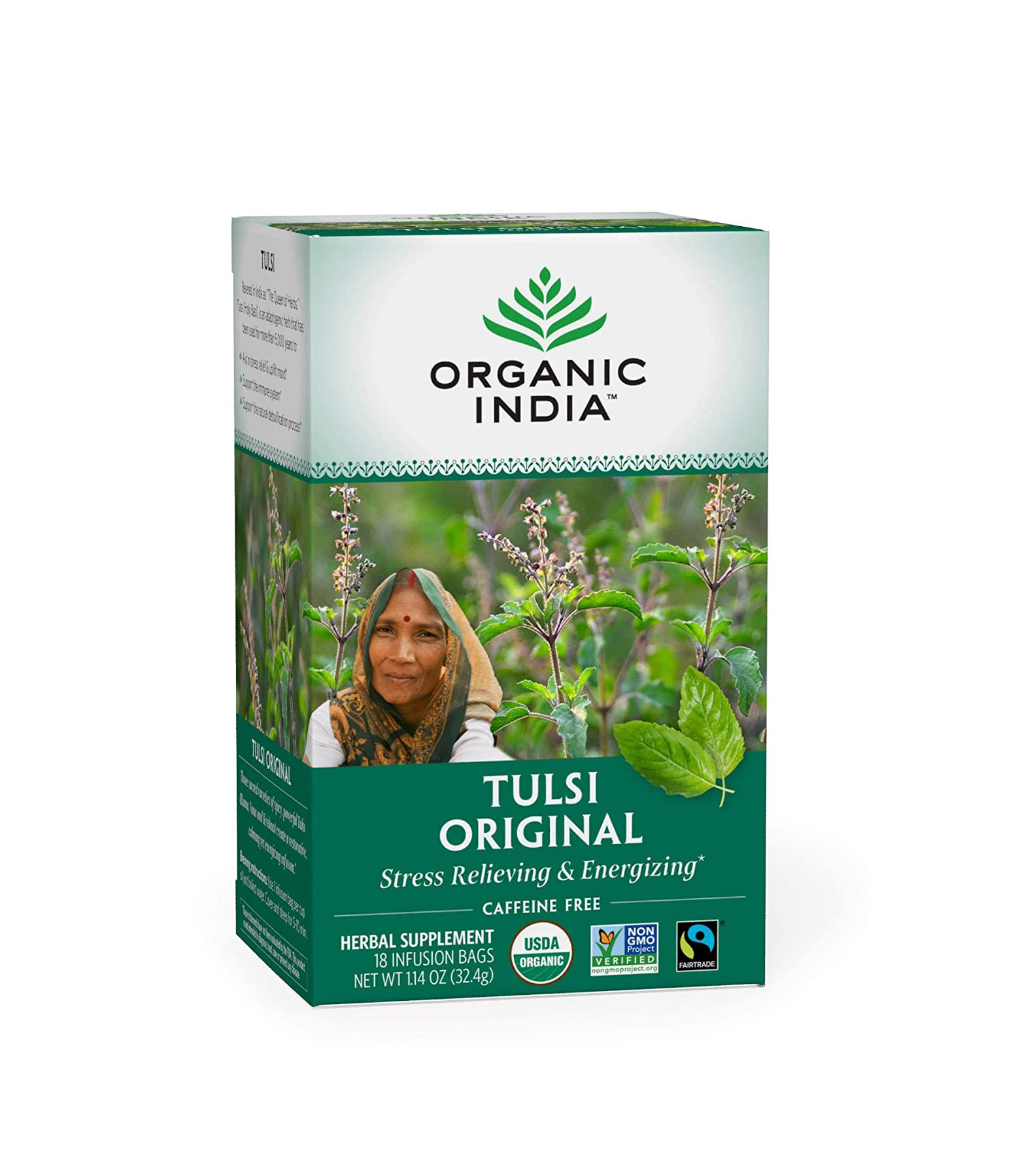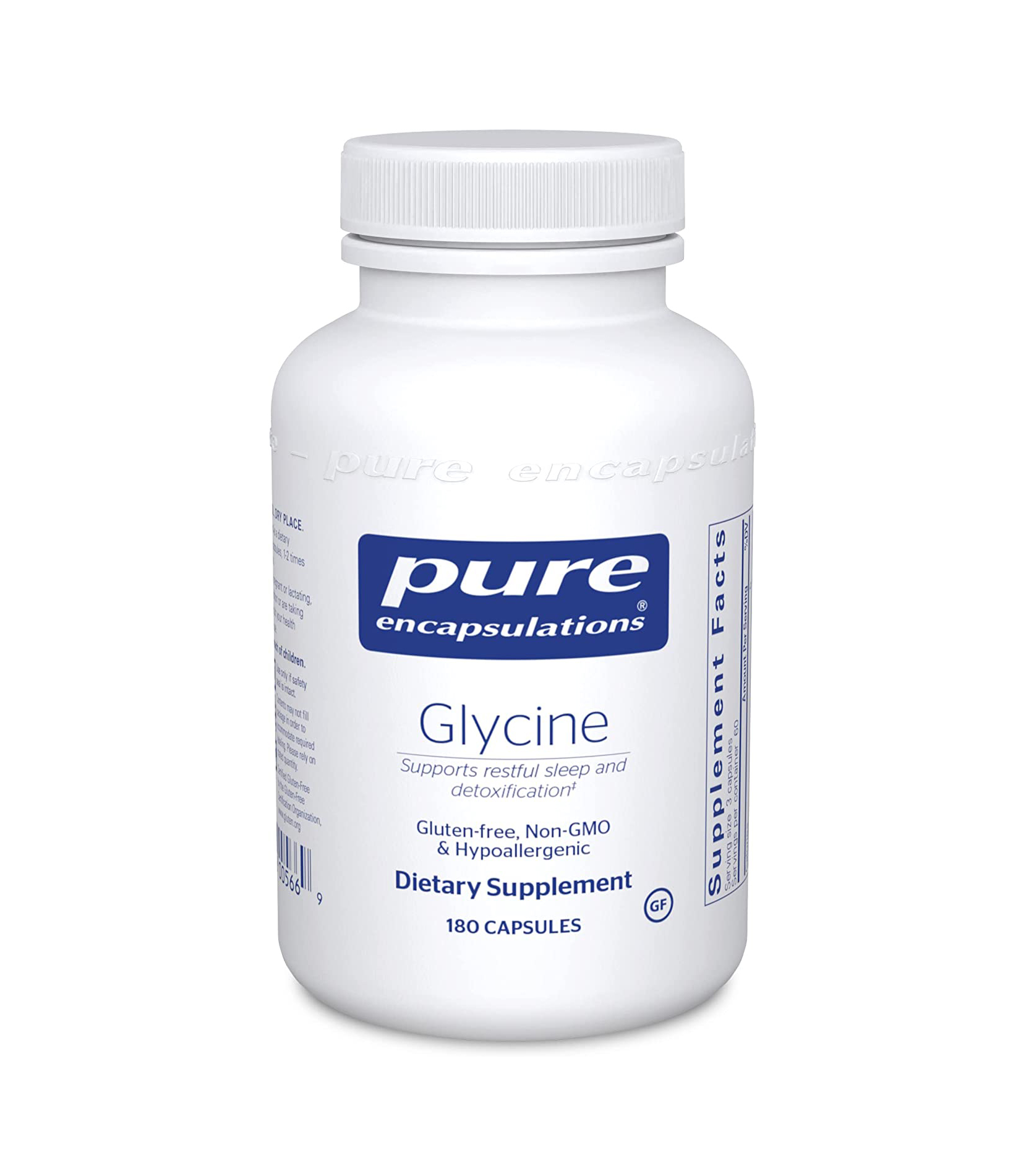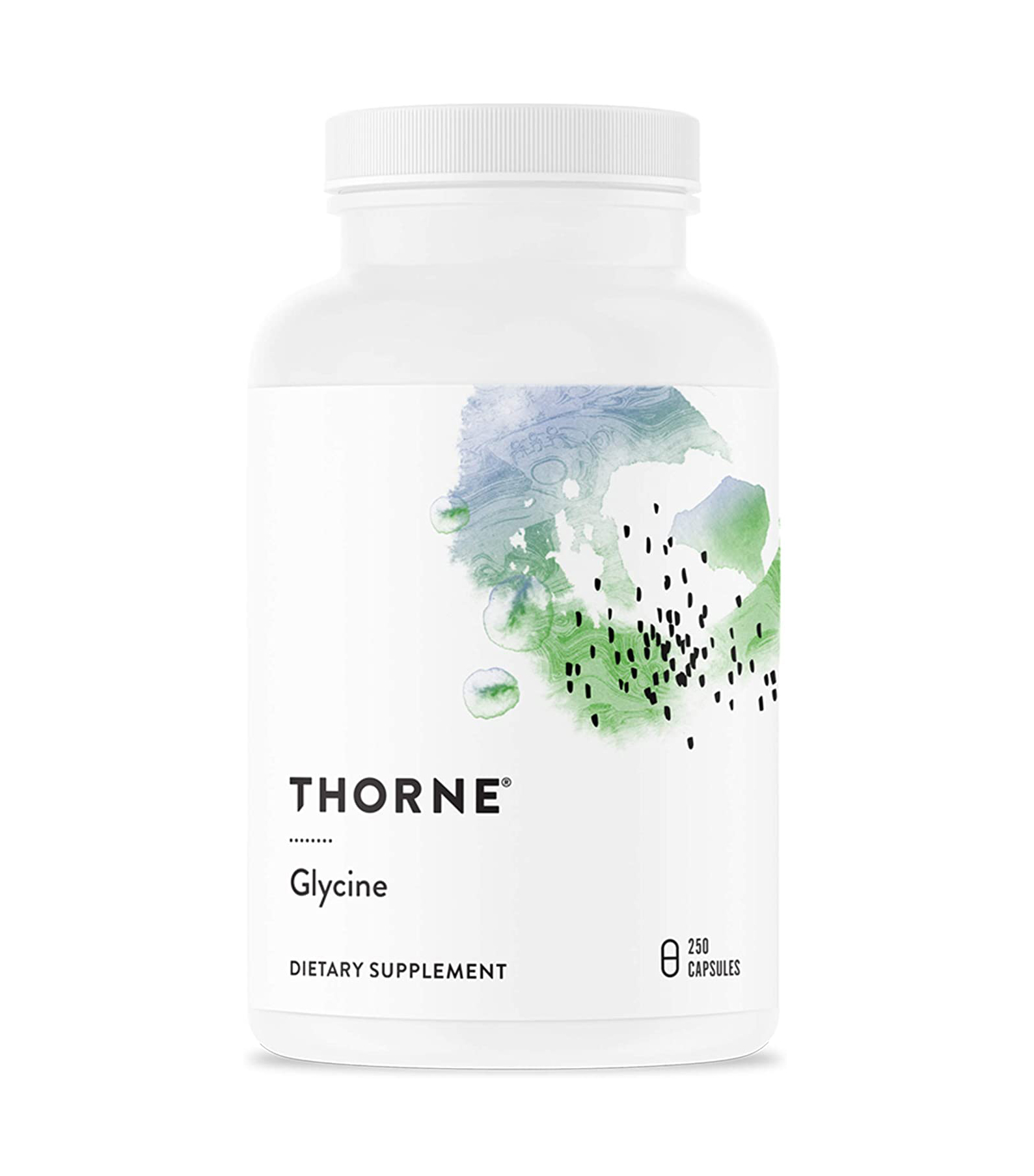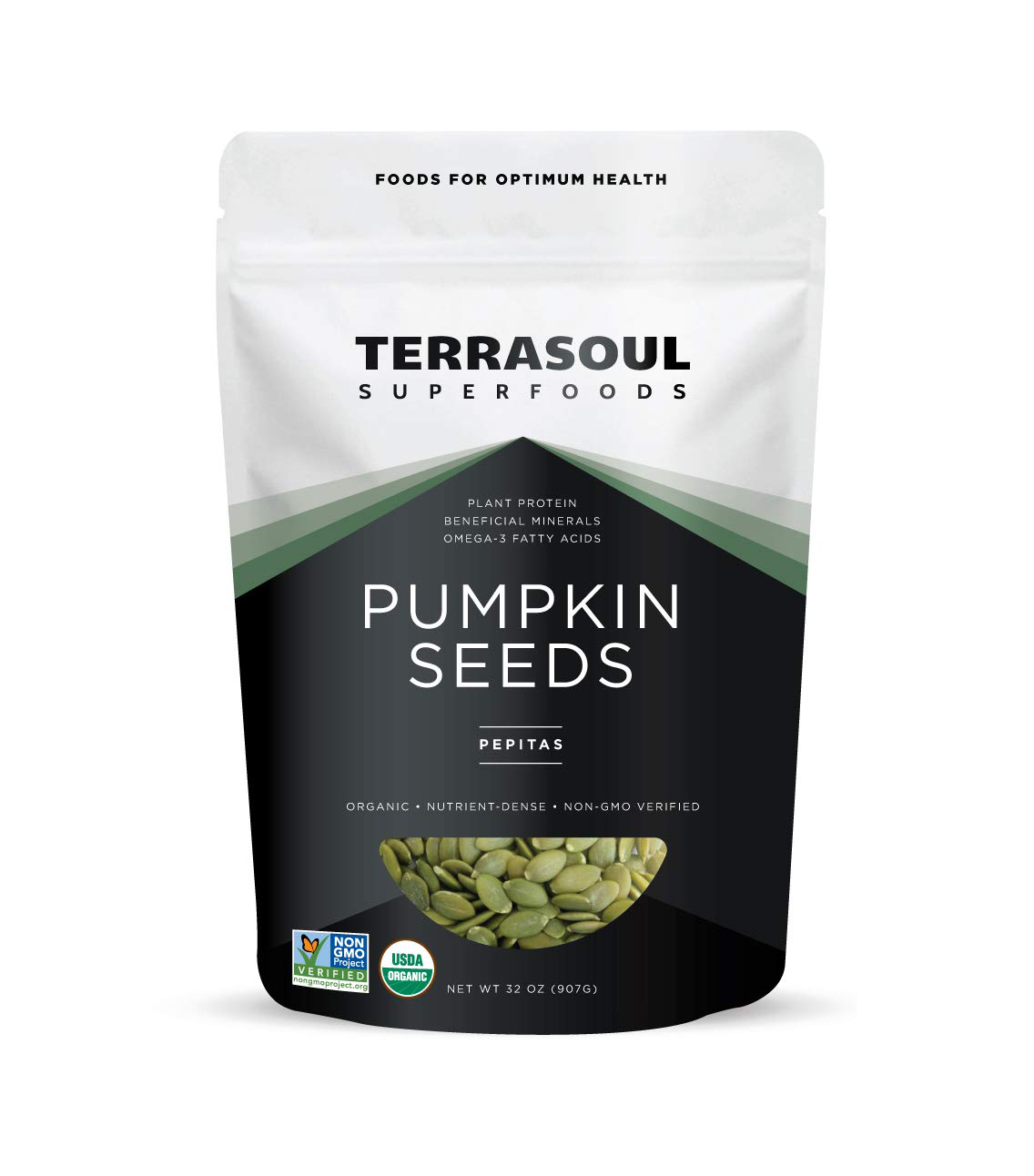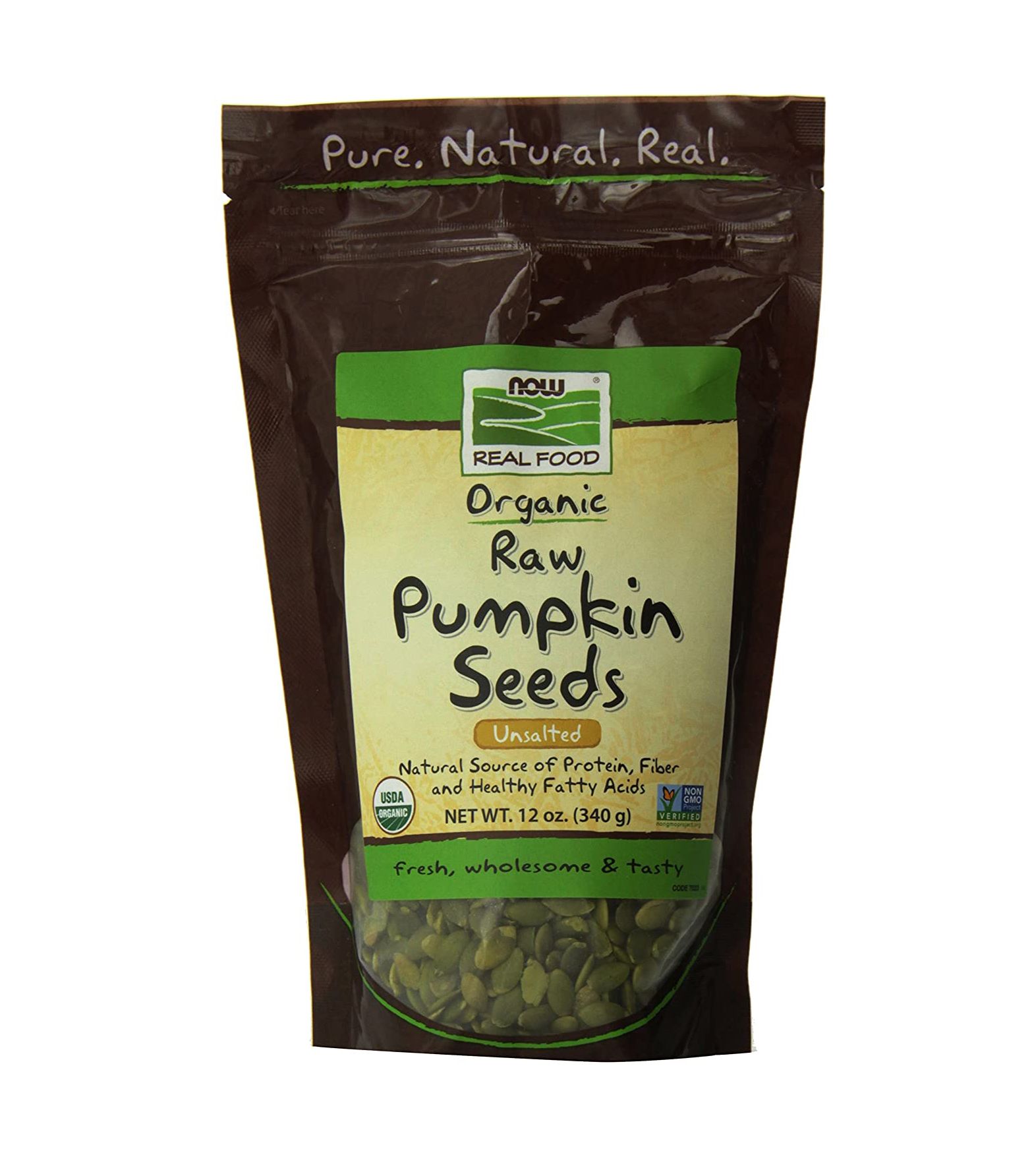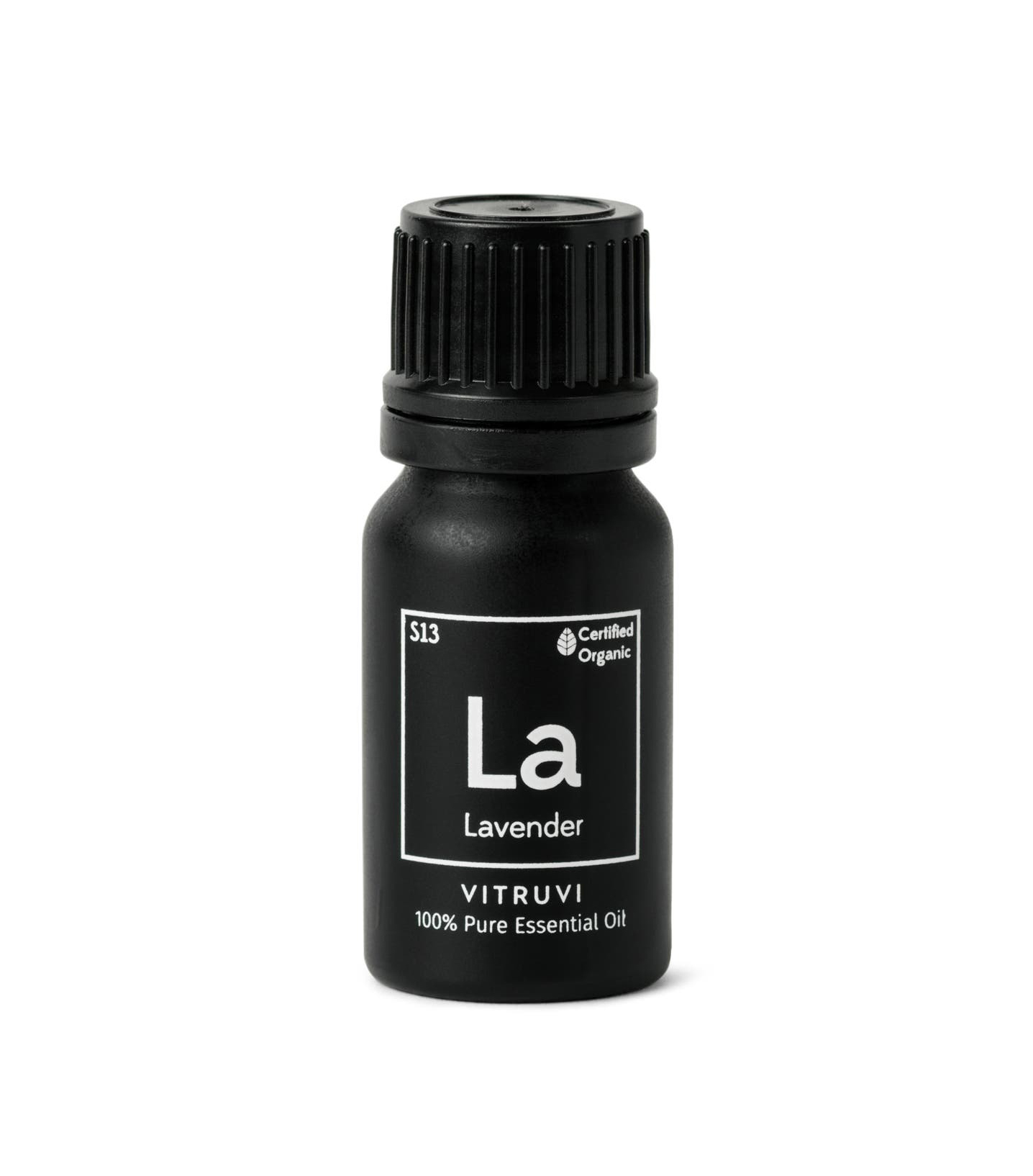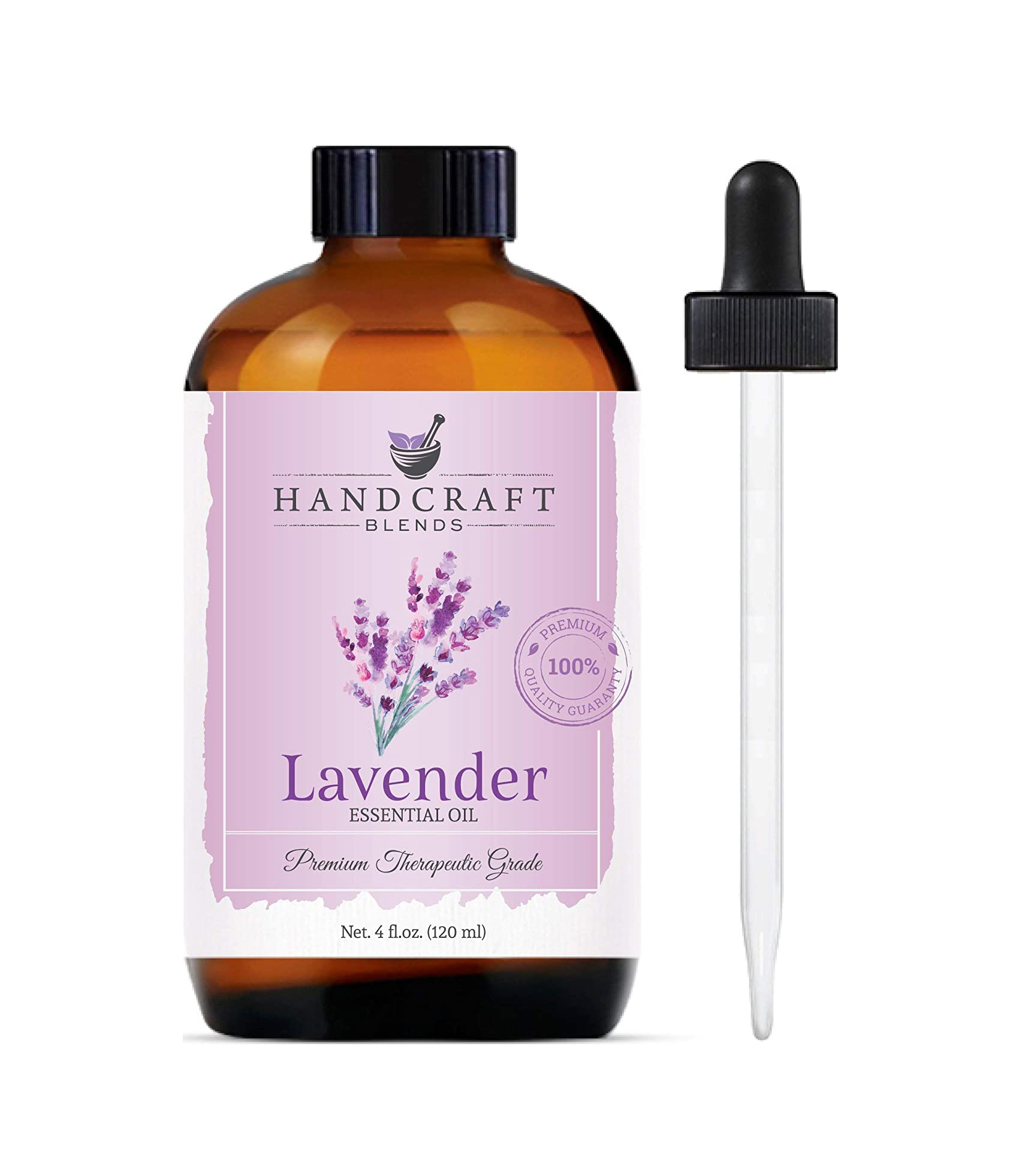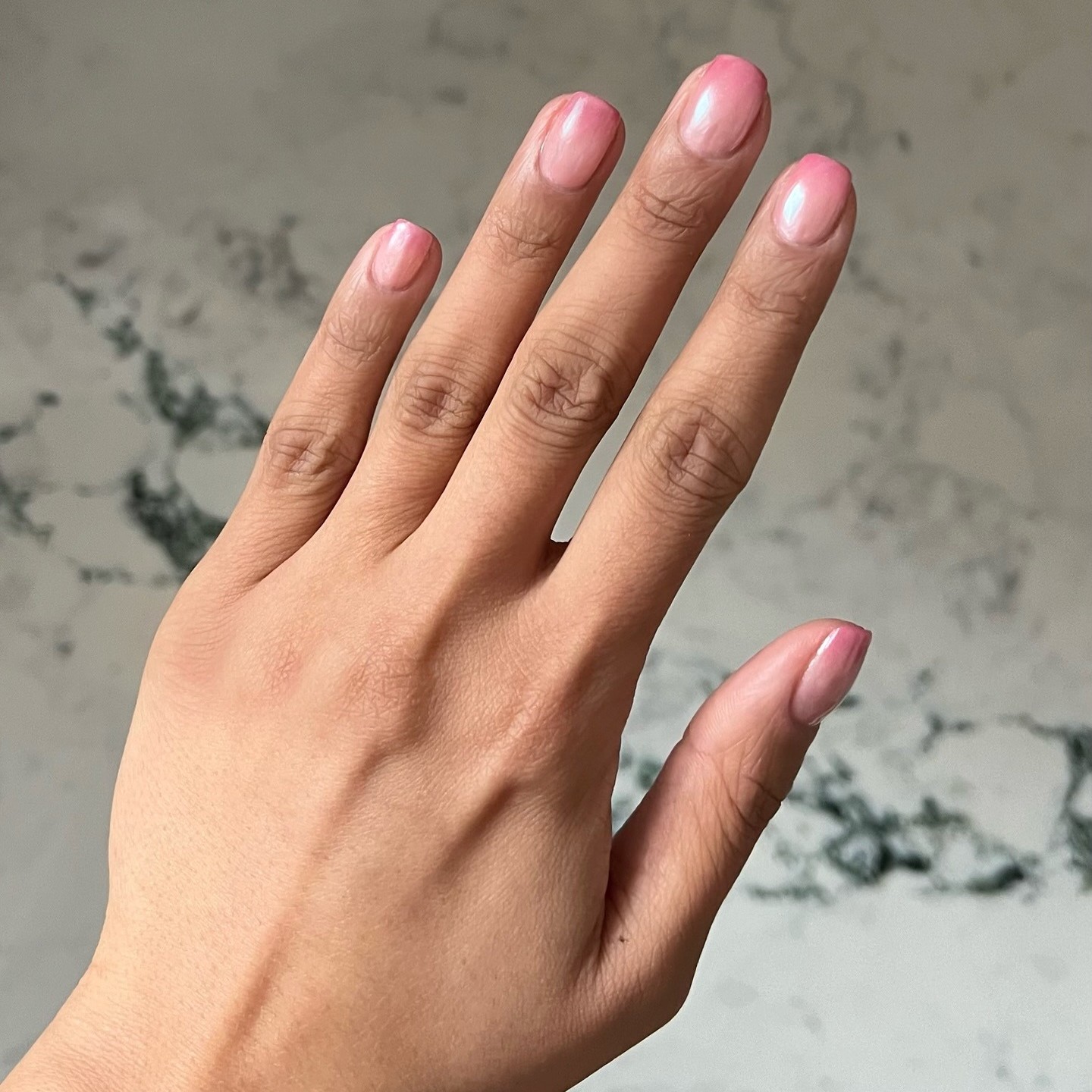12 Natural Remedies to Try When You're Wide Awake and Want to Fall Asleep Fast
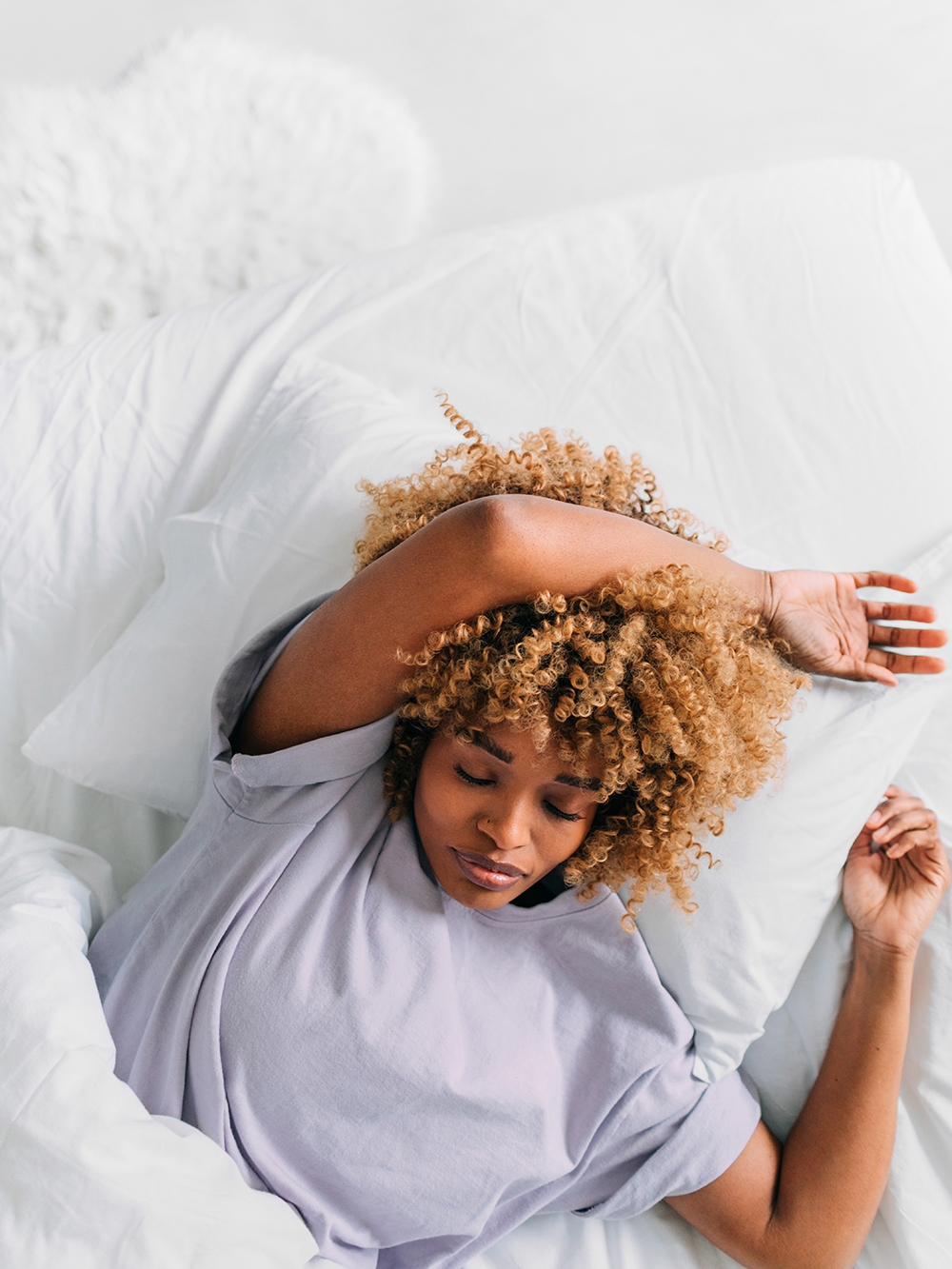
Sleep is so important, I think we all know that. It plays such a vital role in both our physical and mental health. According to the National Heart, Lung, and Blood Institute, "The way you feel while you're awake depends in part on what happens while you're sleeping. During sleep, your body is working to support healthy brain function and maintain your physical health. In children and teens, sleep also helps support growth and development. The damage from sleep deficiency can occur in an instant (such as a car crash), or it can harm you over time. For example, ongoing sleep deficiency can raise your risk for some chronic health problems. It also can affect how well you think, react, work, learn, and get along with others."
So yeah, getting quality sleep is crucial. But it can also be an elusive goal. Many people struggle with sleep, whether it's falling asleep, staying asleep, or sticking to a helpful bedtime routine. When you're having trouble sleeping and looking for any type of help, it can be frustrating to find something that works for you.
And there are a lot of sleep "remedies" out there. So many. There are prescription medications, supplements, high-tech devices, special bedding and accessories… The list can go on and on. It's a lot to explore, but today, we're going to help sort through one area: natural sleep remedies. From supplements to herbs to aromatherapy, there are ingredients that you can introduce to your sleep routine that might help you get some quality shut-eye. Here's what the experts had to say.
1. Magnesium
Michael J. Breus, Ph.D., clinical psychologist and diplomate of the American Board of Sleep Medicine and a fellow of The American Academy of Sleep Medicine, recommends checking for vitamin deficiencies. "We know that deficiencies in magnesium, vitamin D, iron, and melatonin can all have a negative impact on sleep. There is testing available for all of these via the internet or with your doctor. Find out if you have a deficiency first, and then fix that before you start popping supplements or pills," he says.
And magnesium, in particular, can help with sleep. Megan McElroy, PA-C, a physician assistant at Parsley Health, says magnesium glycinate or threonate form has a calming effect and enhances blood flow to the tissues, muscles, and brain. She adds that the threonate form gets to the brain more easily than other forms. Before starting a supplement, you'll want to consult your doctor first about dosage. "Large doses of magnesium can cause symptoms such as low blood pressure, an irregular heartbeat, mental confusion, and more," Claire Virga, RDN, MS, CDN, a registered dietitian with Rooted Wellness says.
If you want to start with your diet before taking a supplement, Virga suggests adding magnesium-rich foods like leafy greens, seeds and nuts, dairy products, and legumes.
2. Melatonin
"Melatonin is a hormone released in the brain a few hours before our target bedtime," explains Rebecca Robbins, Ph.D., sleep expert to Oura. "Melatonin can also be taken in pill form, but we generally recommend small doses and only using it when you are experiencing sleep difficulties. It's also important to note that these should not be viewed as a substitute for sleep-disorder care. If you experience prolonged difficulties with sleep, it may be appropriate to contact a sleep specialist."
Melatonin works by regulating the sleep-wake cycles, and Virga adds that several research studies demonstrate that melatonin decreases the time it takes to fall asleep, increases total sleep time, and improves overall sleep quality.
But taking it in small dosages is very important, as is making sure you're purchasing a high-quality product. "More and more people are taking large doses of melatonin (~10 milligrams). We really don't know how this large amount of melatonin will affect other processes in the body and overall health," Virga says. "Data on the long-term use and high-dose use of melatonin are scarce. Additionally, melatonin is not regulated by the FDA. One study of melatonin on the market found that 31 melatonin supplements did not actually contain the amount listed on the label, and serotonin was detected in 26% of the samples analyzed, which could be potentially harmful for individuals taking certain medications like SSRIs."
3. Passionflower
"Passionflower is an herbal supplement known to help remedy sleep-related issues—specifically insomnia," explains Kim Rose, RDN, CDCES, CNSC, a registered dietitian nutritionist based in Florida. "Passionflower functions as a sleep remedy to improve both the quality and quantity of sleep. It may hold promising results as your personal sleep aid."
4. Ashwagandha
Rose says ashwagandha has been used as a sleep remedy in traditional Ayurvedic medicine for hundreds of years. "It is an adaptogen that has sleep-compelling potential—promoting quality sleep—which recharges you for the day ahead," she explains. "Clinical science suggests consuming 250 milligrams of ashwagandha may be the key to unlocking a better night's sleep. Elements sleep drink is a great option for sourcing ashwagandha since it contains clinically effective levels."
5. L-Theanine
"This supplement works in many ways, and seems to increase calming neurotransmitters like GABA in addition to molecules that improve well-being and mental clarity," McElroy says. "Recommended dose is 400 to 800 milligrams, and many notice benefits the first night of use. This is also less likely to cause drowsiness in the morning."
6. Tart Cherry Juice
A source of melatonin? Tart cherry juice. "If you're looking for a remedy for sleepless nights, you can down a shot of tart cherry juice a few hours before bed," Rose says.
7. Phosphatidylserine
McElroy says phosphatidylserine acts on the brain and can potentially block cortisol from its stimulating effects—but you'll be less likely to feel drowsy in the morning. It also can be used to support cognitive function. She adds that a 100- to 400-milligram dose is beneficial, but you'll want to avoid it if you have a history of mania or bipolar disorder.
8. Chamomile
"Herbal tea (like chamomile) can be a wonderful part of a healthy, soothing pre-bed routine," Robbins says. "Try to avoid drinking too much tea so that you may have to wake up to use the bathroom. The ritual of a warm cup of tea can help you unwind and prepare your brain and body for a good night's sleep."
Chamomile has been used for centuries to treat insomnia and induce relaxation, Virga explains. "Research found that chamomile tea extract significantly reduced moderate-to-severe symptoms of generalized anxiety disorder (GAD). Individuals with GAD have higher rates of insomnia, and therefore chamomile tea potentially might be an effective natural sleep remedy for treating both anxiety and insomnia," she says. "Chamomile contains a flavonoid called apigenin that binds to benzodiazepine receptors in the brain, producing a sedative effect."
9. Tulsi Tea
Tulsi tea, also known as basil tea, balances cortisol levels. McElroy says that it has calming effects but is not sedating—and it might take a few days to notice its benefits. But if you brew it for 10 minutes or more to make it a stronger tea, you might notice the effects more.
10. Glycine
"Research shows that glycine supplementation may help individuals reach deep sleep more quickly and improve sleep quality," Virga says. "Glycine is an amino acid that has a calming effect on the nervous system by reducing core body temperature. A drop in your body's temperature is an important step in priming the body for sleep."
It also increases serotonin levels, which plays an integral role in the production of the sleep hormone melatonin. You can get it in supplement form, but you can also find it in protein-rich foods like bone broth, meat, poultry, eggs, fish, and beans.
11. Pumpkin Seeds
That tasty snack can also help with your sleep habits because it's packed with magnesium. "One ounce of pumpkin seeds contains roughly 156 milligrams of magnesium, or 37% of your daily value!" Rose says. "Eating a handful or two of pumpkin seeds may help you to relax and sleep better."
12. Aromatherapy
And you can try aromatherapy as a natural remedy, too, so gather those essential oil products. "Using these elements before bed is an extremely beneficial way to unwind and prepare for sleep," Robbins says. "Find a soothing scent that relaxes you either in the form of a balm, cream, or oil. Using this night in and night out before sleep can help your brain and body understand that what happens after these rituals is sleep."
In particular, lavender acts as a sleep aid. "Lavender contains two sedative components: linalool and linalyl acetate, both of which may have a sedative affect the central nervous system," Virga says. "There have been very few studies looking at the association between topical or aromatherapeutic effects of lavender on sleep. In a study of 79 college students with self-reported sleep issues, one group wore a patch with lavender essential oil, and the control group wore a placebo patch for five nights. Both groups practiced good sleep hygiene. The researchers found that the lavender patch and sleep hygiene together improved sleep quality."
Tips on How to Use These Remedies
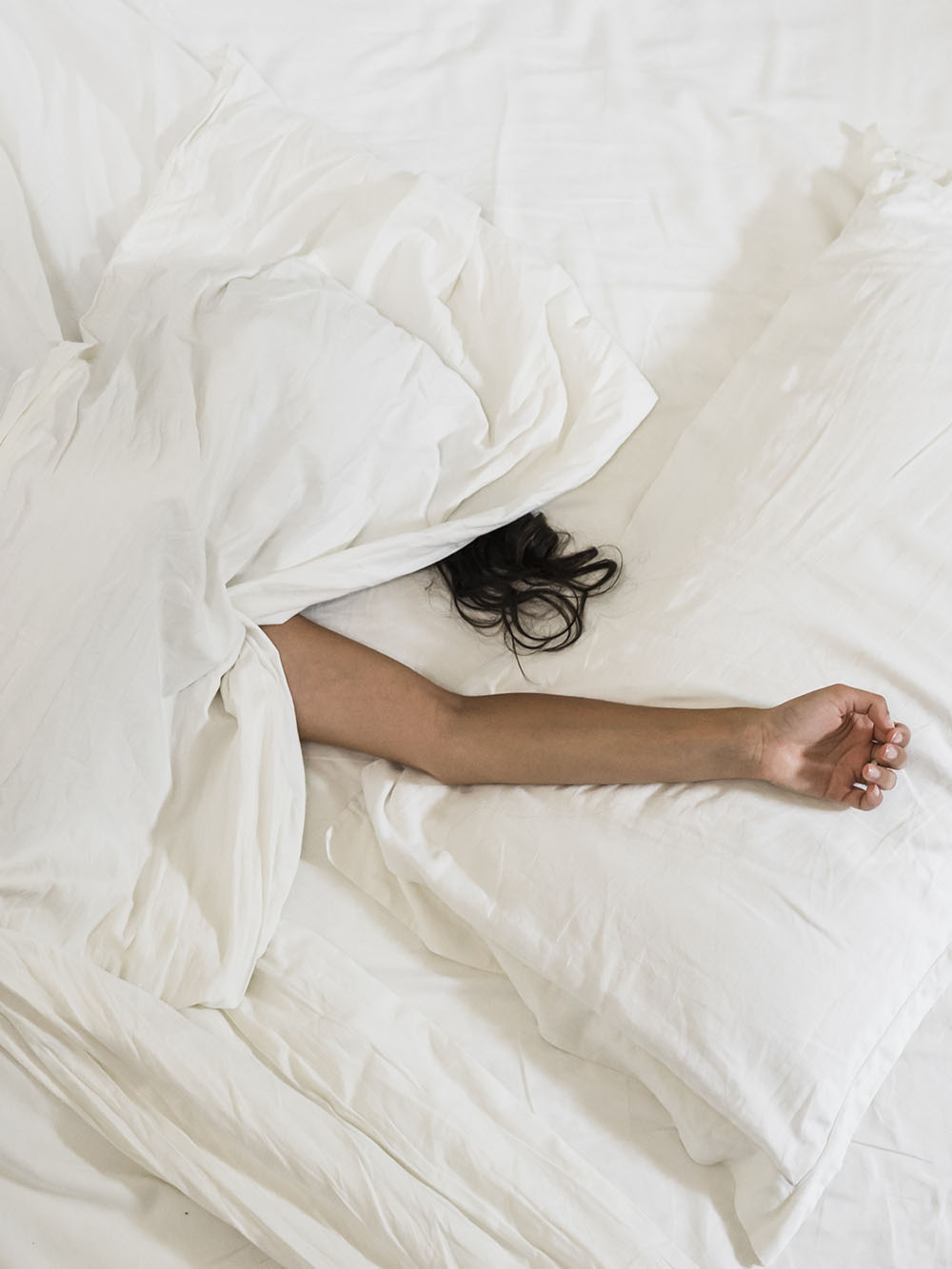
While these remedies are great to have on hand when you're having trouble falling asleep, you probably don't want to be dependent on them to get some shut-eye. "I think it is important to take a two-pronged approach and work to fix the underlying issues contributing to poor sleep," Virga says. "If you aren't sleeping well, use an herbal supplement or tea to help in the short-term, but also start making lifestyle changes at the same time. Work on managing stress, implementing good sleep-hygiene practices, and moving your body regularly. Once you've got the lifestyle changes down, you are less likely to need to rely on herbal supplements and teas."
When using any of these remedies, it can help to disclose this to your doctor or healthcare provider. Rose says that ensures safety and efficacy. "Additionally, looking for symptoms of dependency is important," Rose says. "Some symptoms include the need to increase the amount of the substance to feel a desired effect, unsuccessfully trying to cut down on the substance, and having symptoms of withdrawal when attempting to reduce your intake."
Next, These Yoga Stretches Will Make You Fall Asleep Faster
Disclaimer
This article is provided for informational purposes only and is not intended to be used in the place of advice of your physician or other medical professionals. You should always consult with your doctor or healthcare provider first with any health-related questions.
Sarah is lifestyle writer and editor with over 10 years of experience covering health and wellness, interior design, food, beauty, and tech. Born and raised in Los Angeles, she attended New York University and lived in New York for 12 years before returning to L.A. in 2019. In addition to her work at Who What Wear, she held editor roles at Apartment Therapy, Real Simple, House Beautiful, Elle Decor, and The Bump (sister site of The Knot). She has a passion for health and wellness, but she especially loves writing about mental health. Her self-care routine consists of five things: a good workout, “me” time on the regular, an intriguing book/podcast/playlist to unwind after a long day, naps, and decorating her home.
-
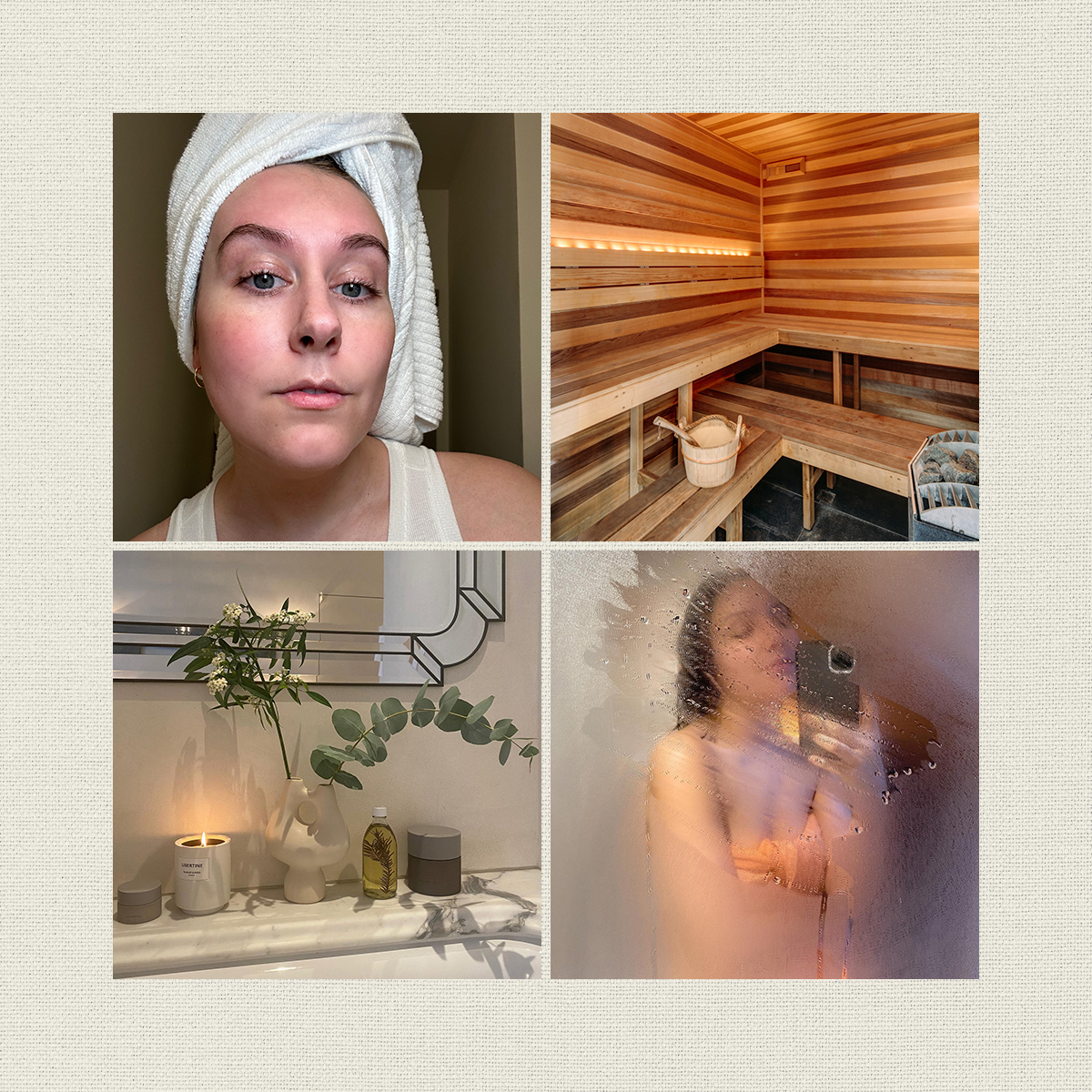 I Tried the Internet-Famous Sauna–Cold Plunge Combo—It Eliminated Skin, Sleep, and Stress Issues
I Tried the Internet-Famous Sauna–Cold Plunge Combo—It Eliminated Skin, Sleep, and Stress IssuesHere's my unfiltered experience.
By Kaitlyn McLintock
-
 The Most Well-Rested Fashion People Say These Are the Absolute Best Mattresses (and They're on Sale)
The Most Well-Rested Fashion People Say These Are the Absolute Best Mattresses (and They're on Sale)Sleepy girl summer.
By Ana Escalante
-
 This Founder Shares Why We Should Start Celebrating Rest
This Founder Shares Why We Should Start Celebrating RestBurnout is nothing to be proud of.
By Kia Topps
-
 I Asked J.Lo's Trainer for His Very Best Fitness Tips
I Asked J.Lo's Trainer for His Very Best Fitness TipsGunnar Peterson has thoughts on how to get moving this season.
By Kia Topps
-
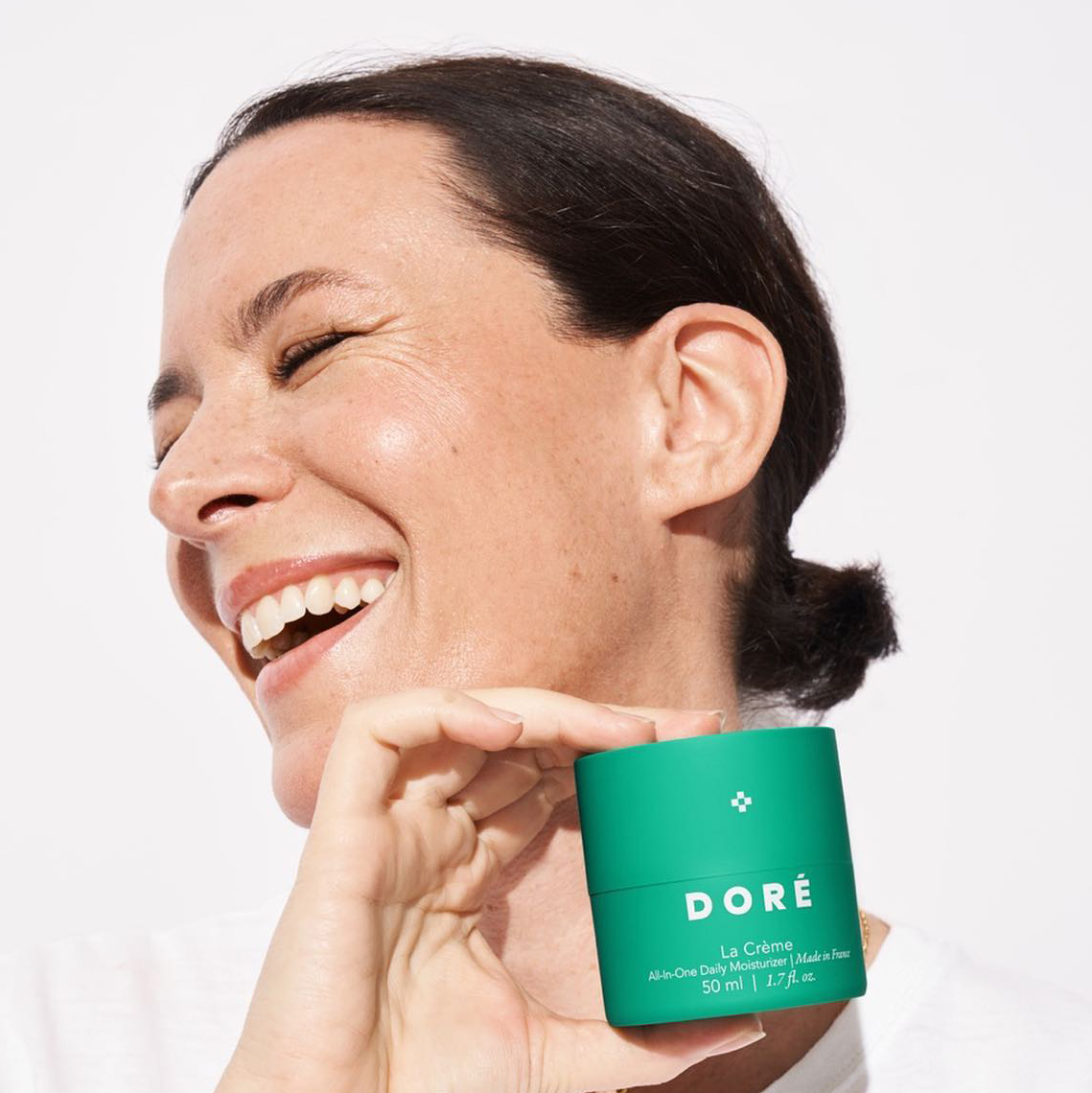 This Style Influencer Turned Founder Shares Her Favorite Ways to Start the Day
This Style Influencer Turned Founder Shares Her Favorite Ways to Start the DayA morning routine from London.
By Candice Aman
-
 13 Products That Will Step Up Your Self-Care Game From Home
13 Products That Will Step Up Your Self-Care Game From HomeGet that glow from within.
By Natalie Gray Herder
-
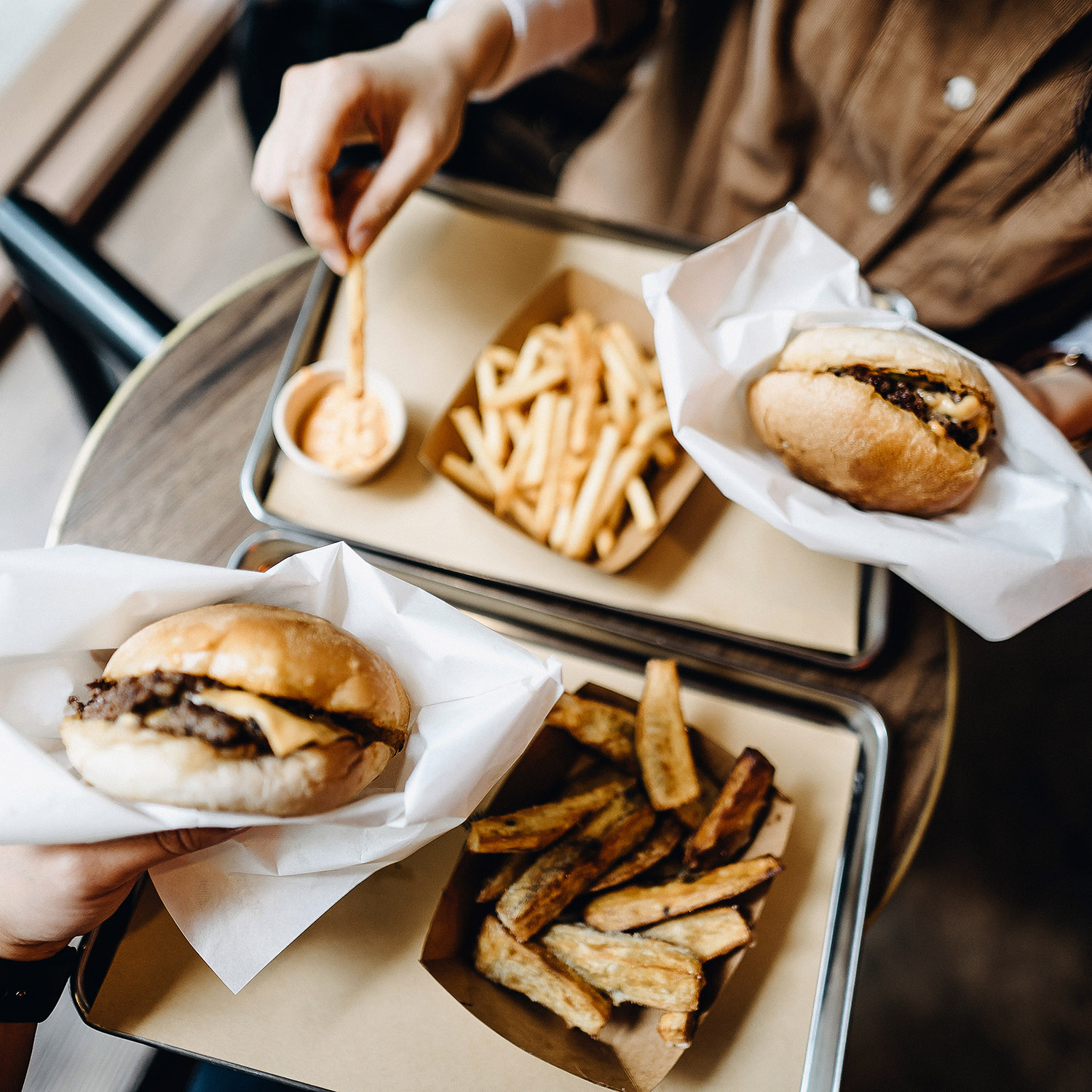 These 8 Foods Are the Worst for Rosacea—Here's What to Eat Instead
These 8 Foods Are the Worst for Rosacea—Here's What to Eat InsteadControl those flare-ups.
By Sarah Yang
-
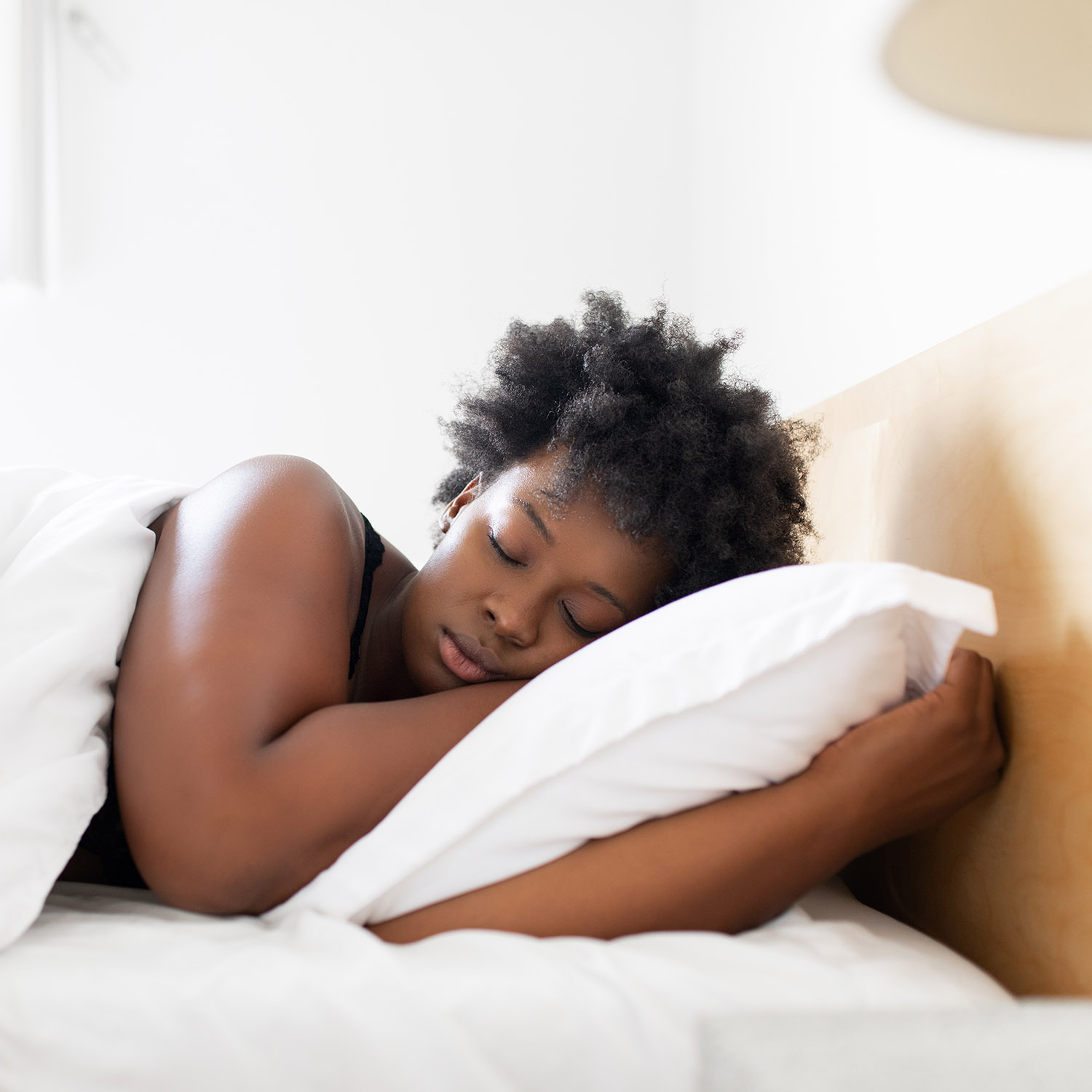 Add This 5-Minute Trick to Your Bedtime Routine to Fall Asleep Faster
Add This 5-Minute Trick to Your Bedtime Routine to Fall Asleep FasterYou'll be so relaxed.
By Sarah Yang
